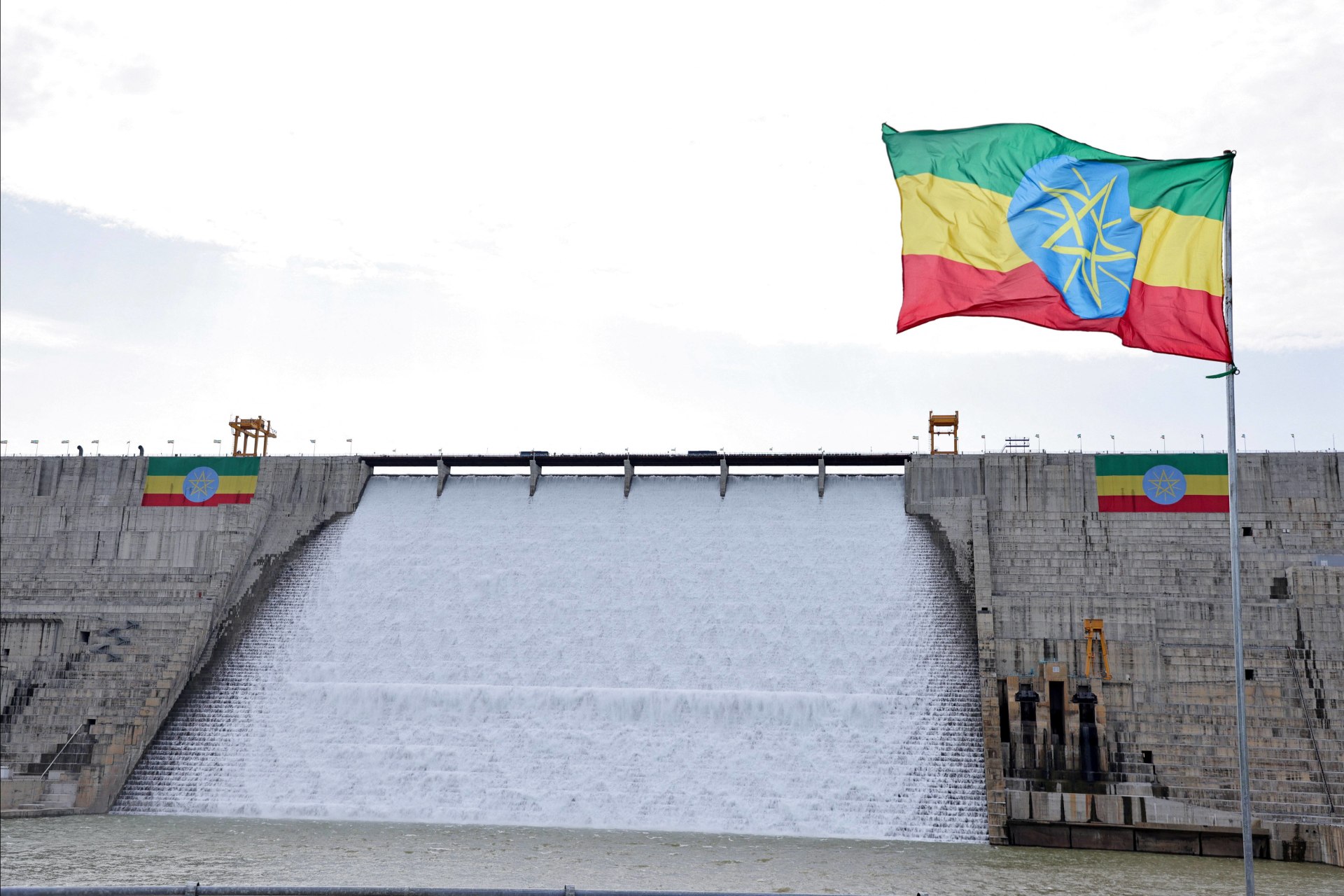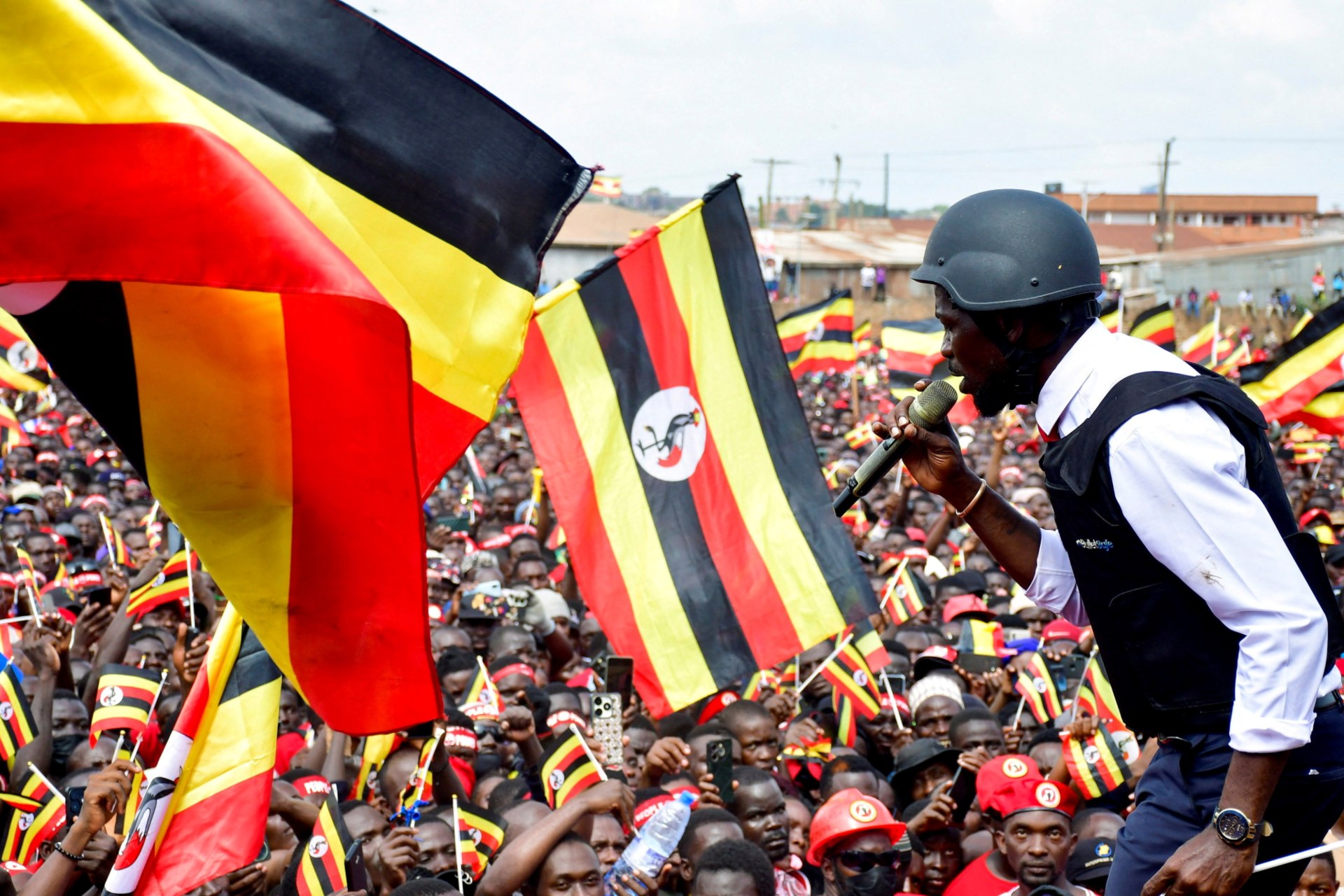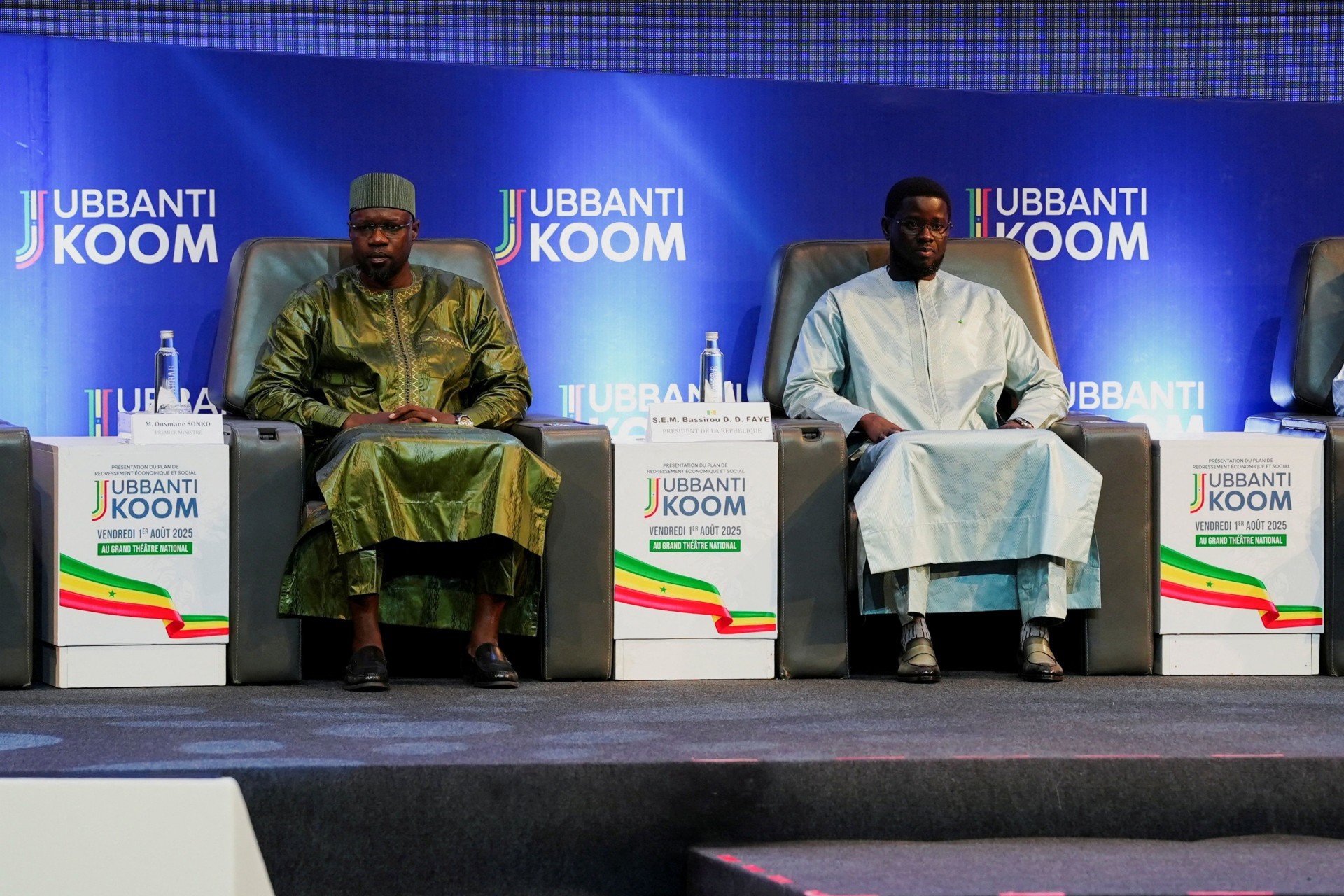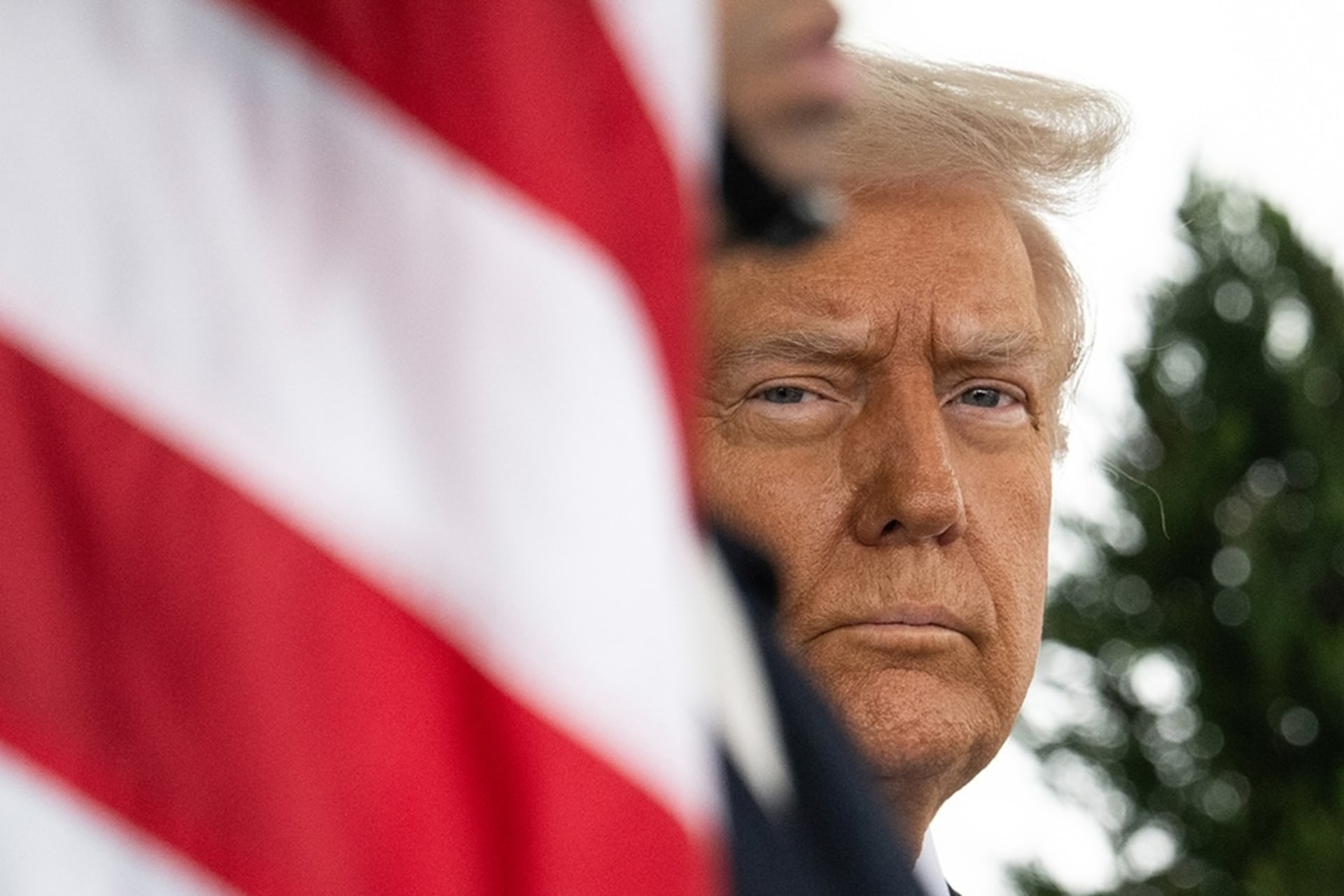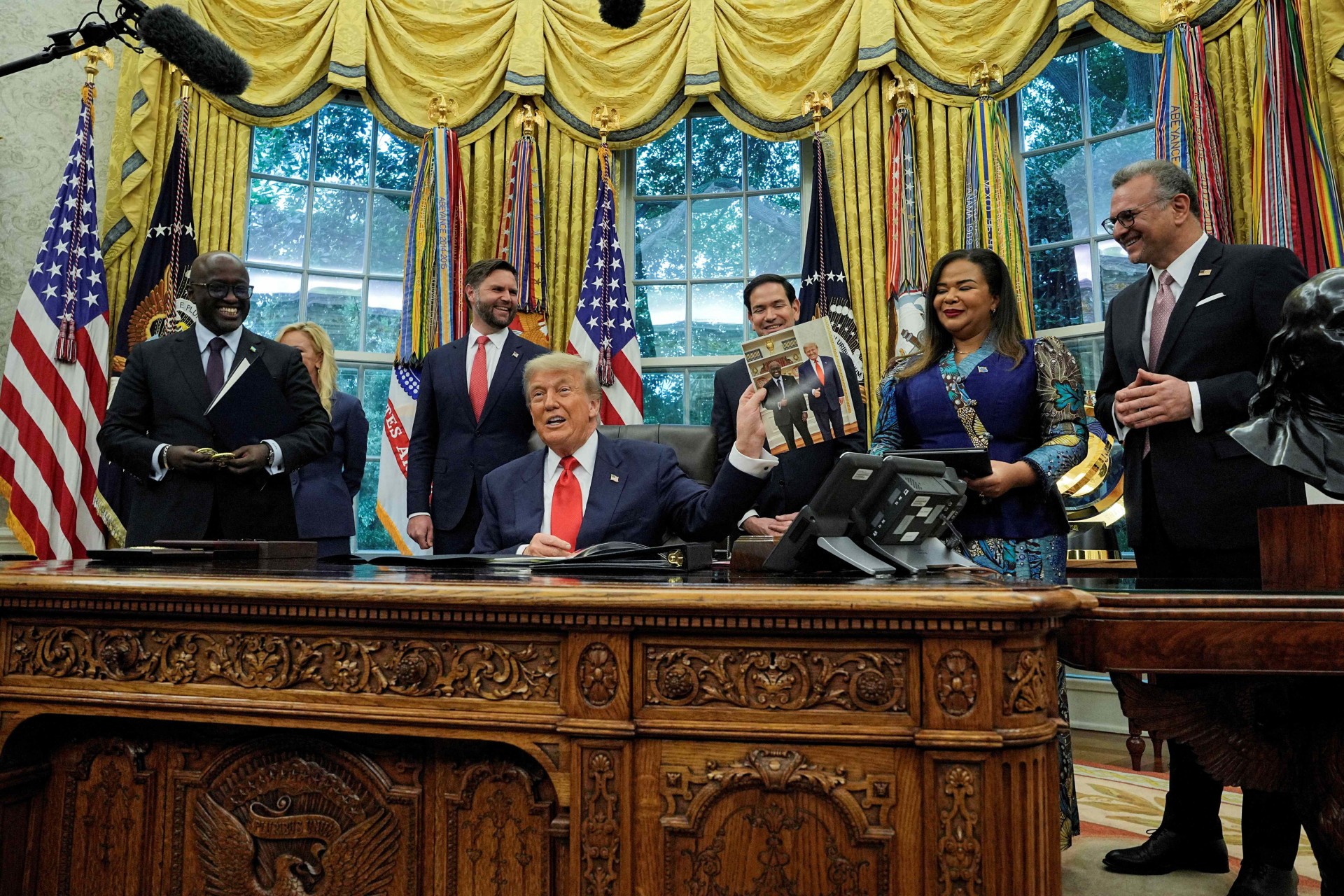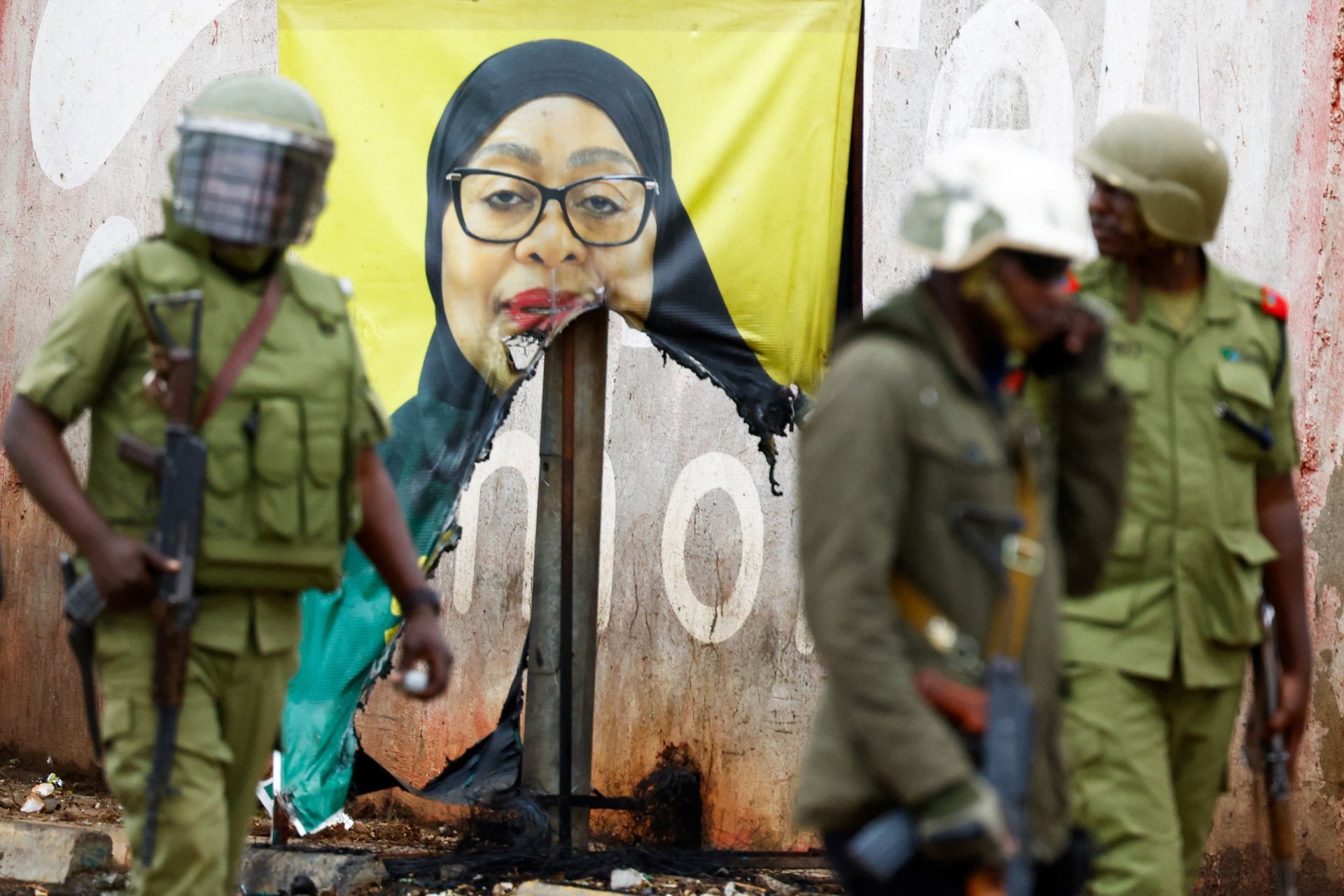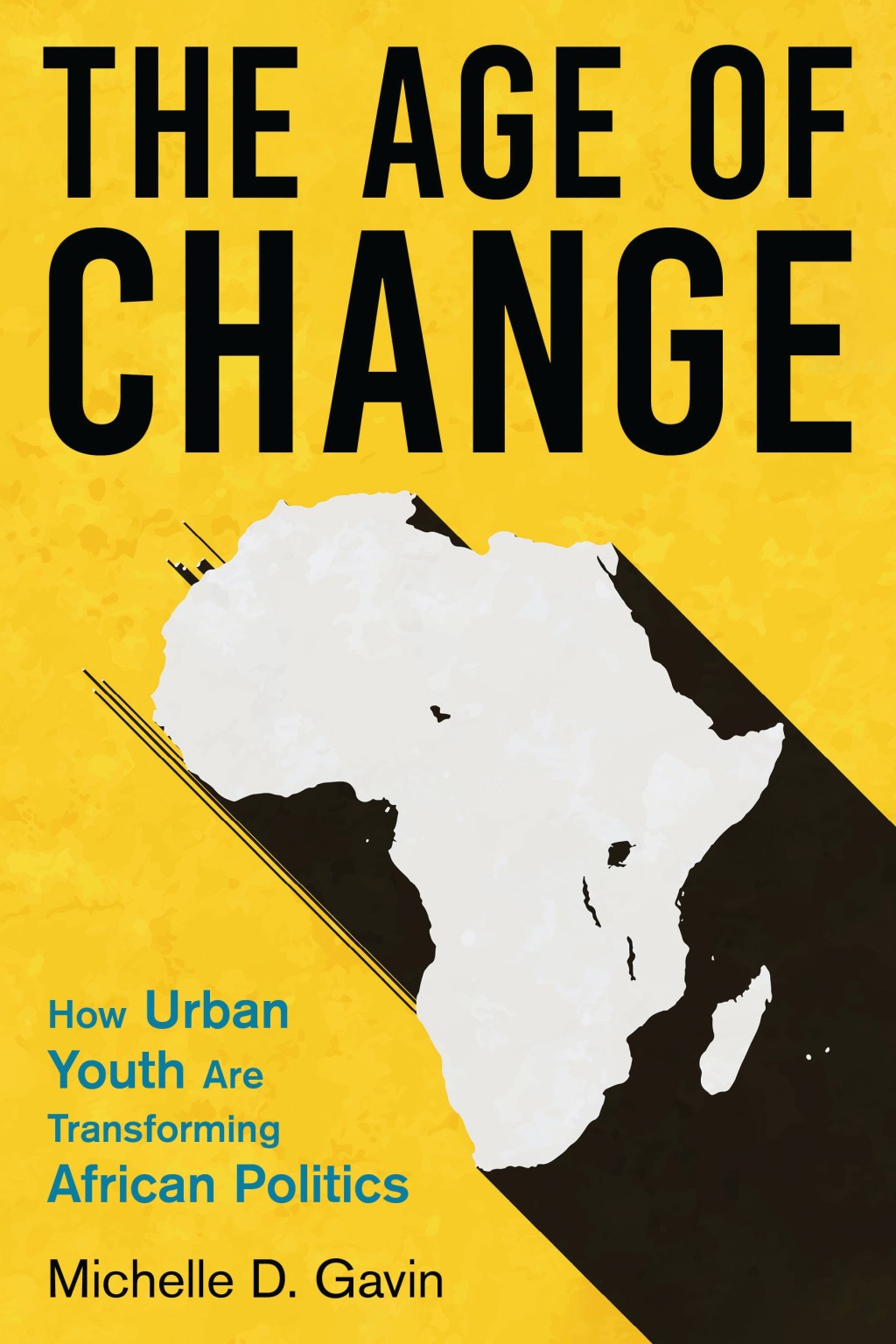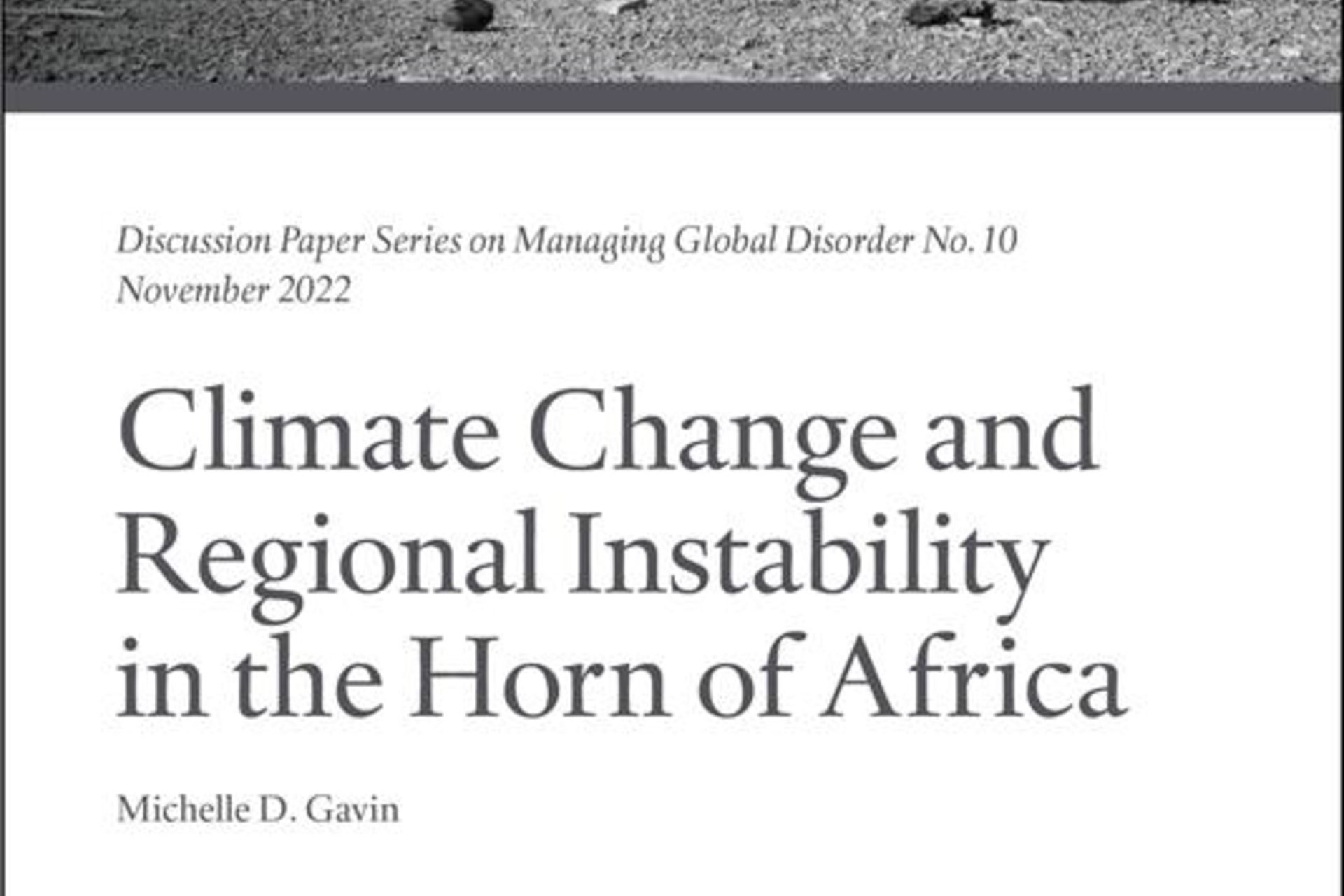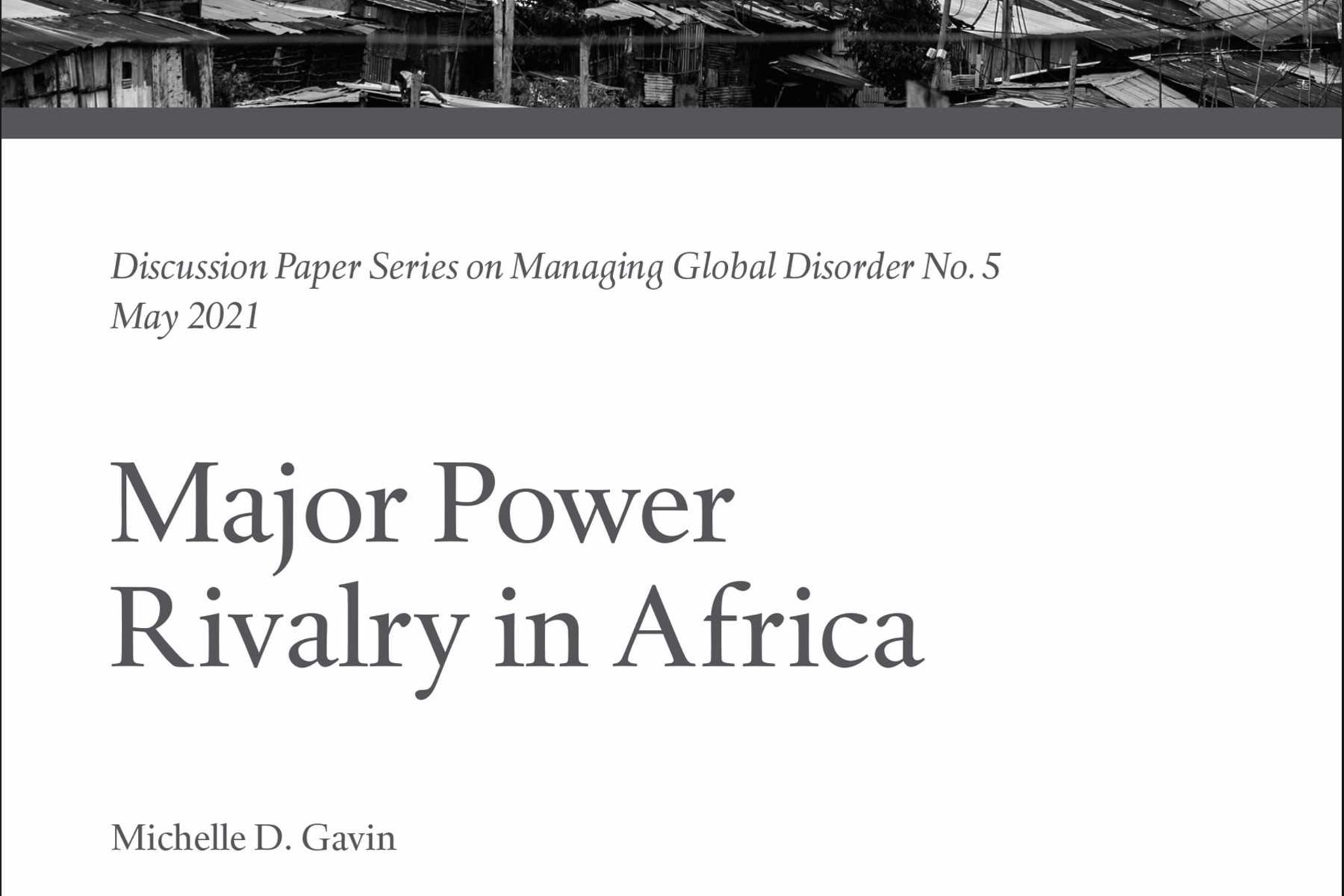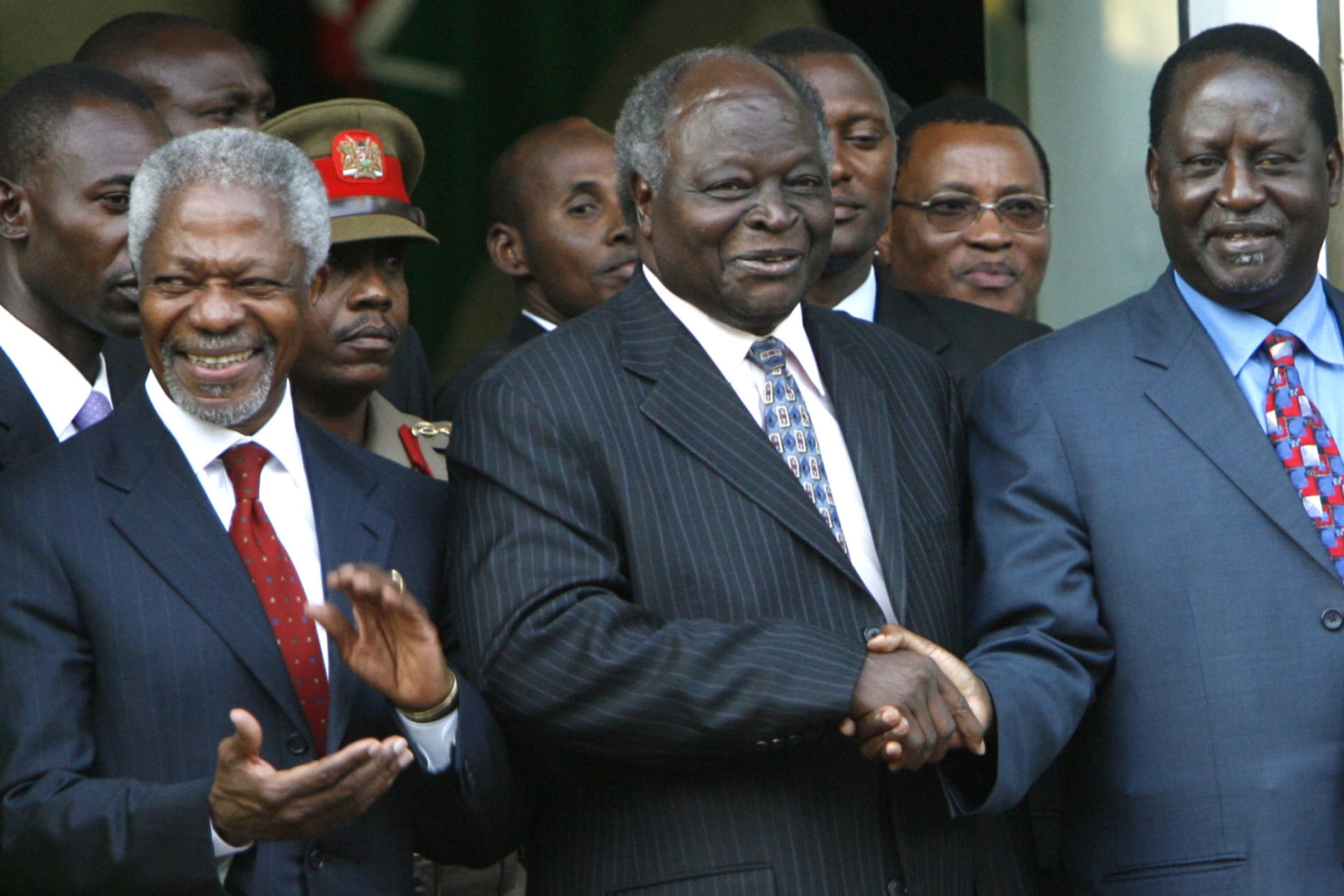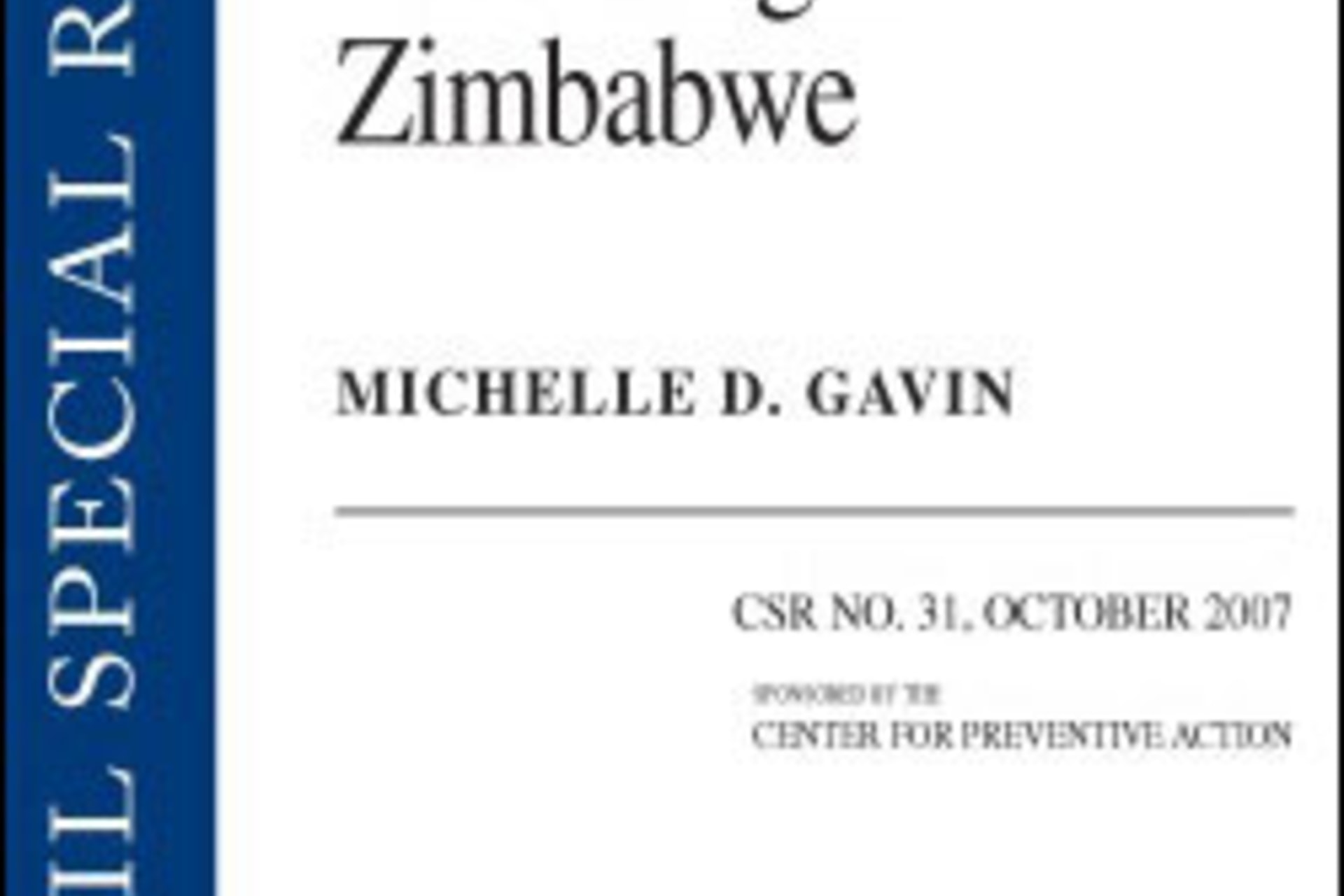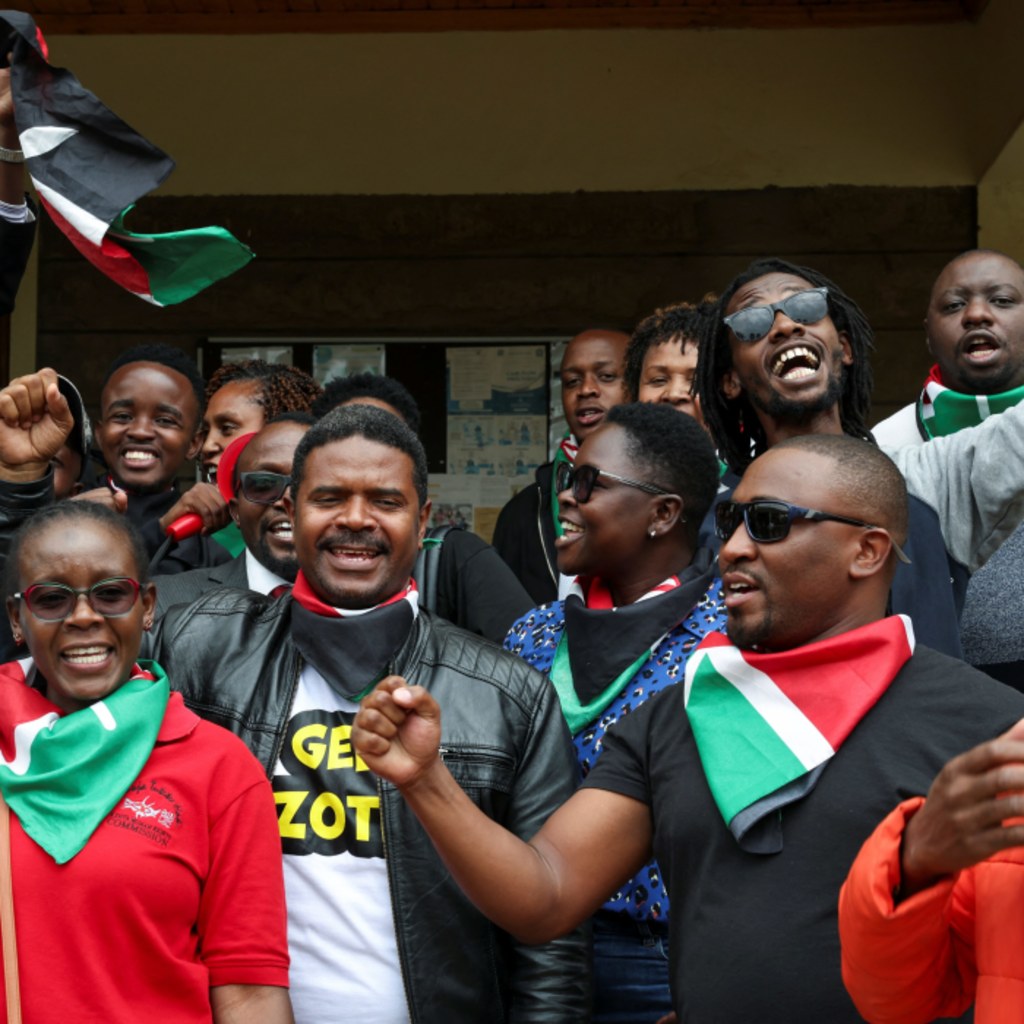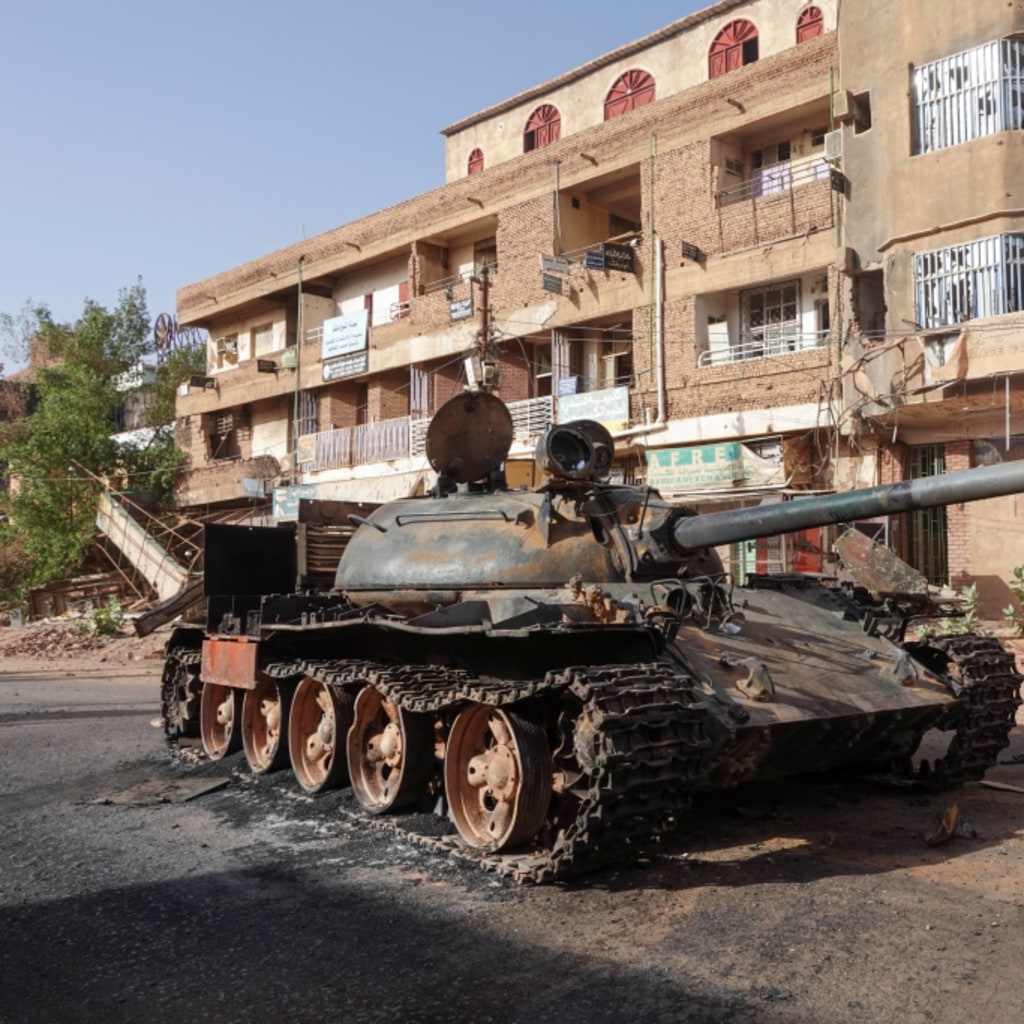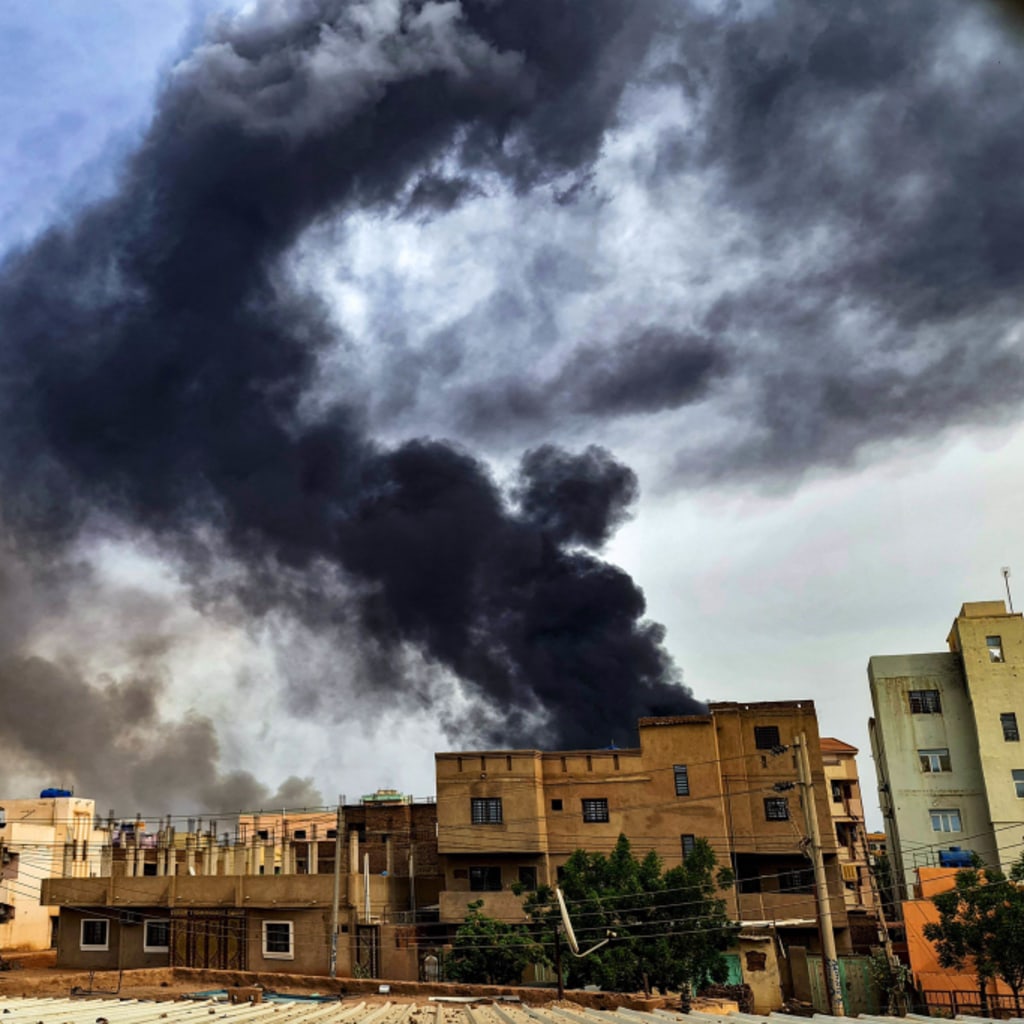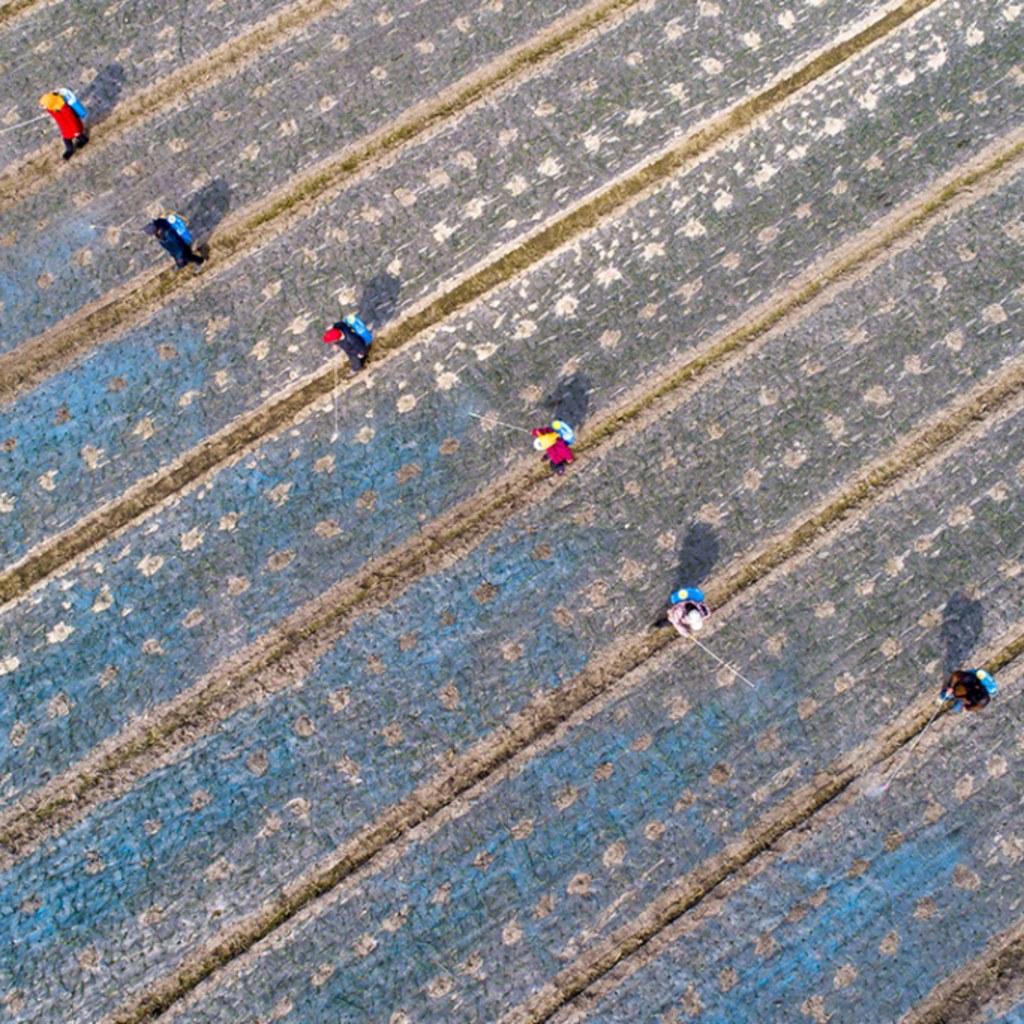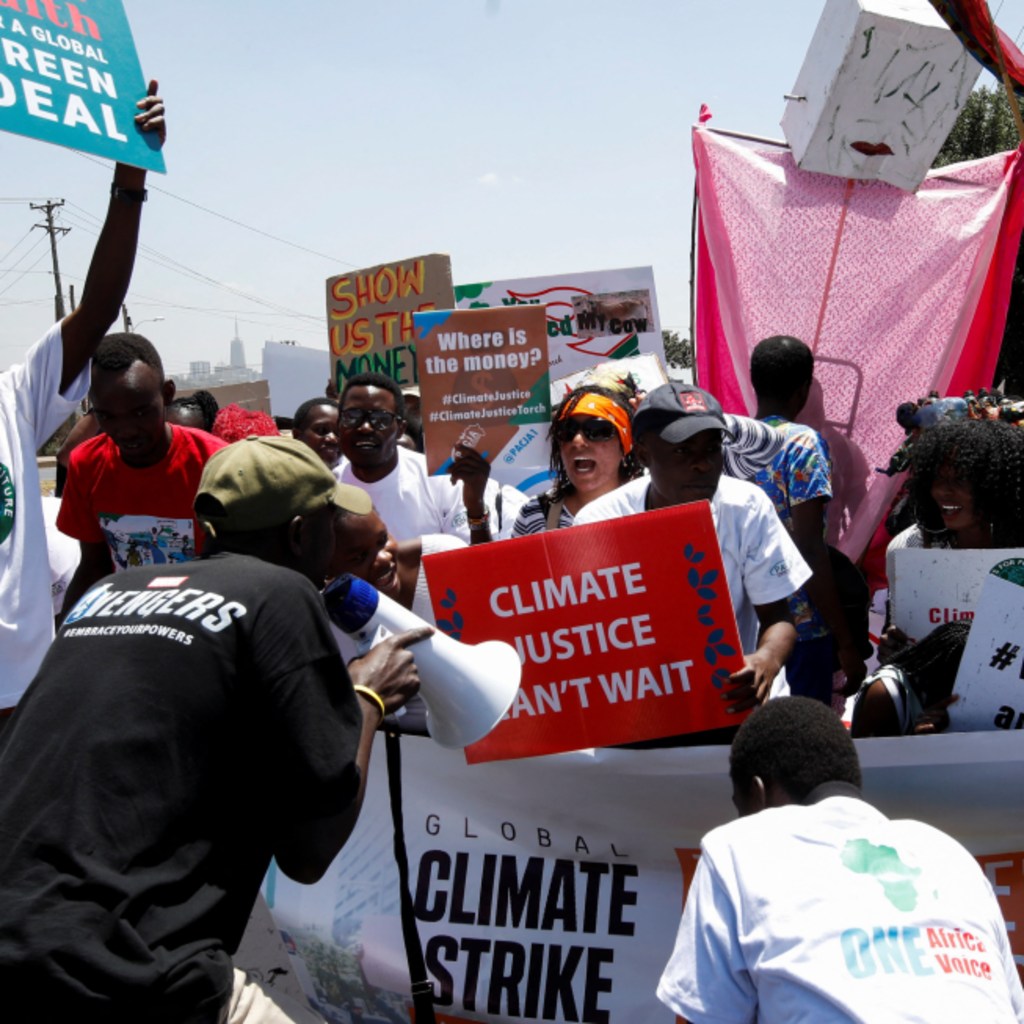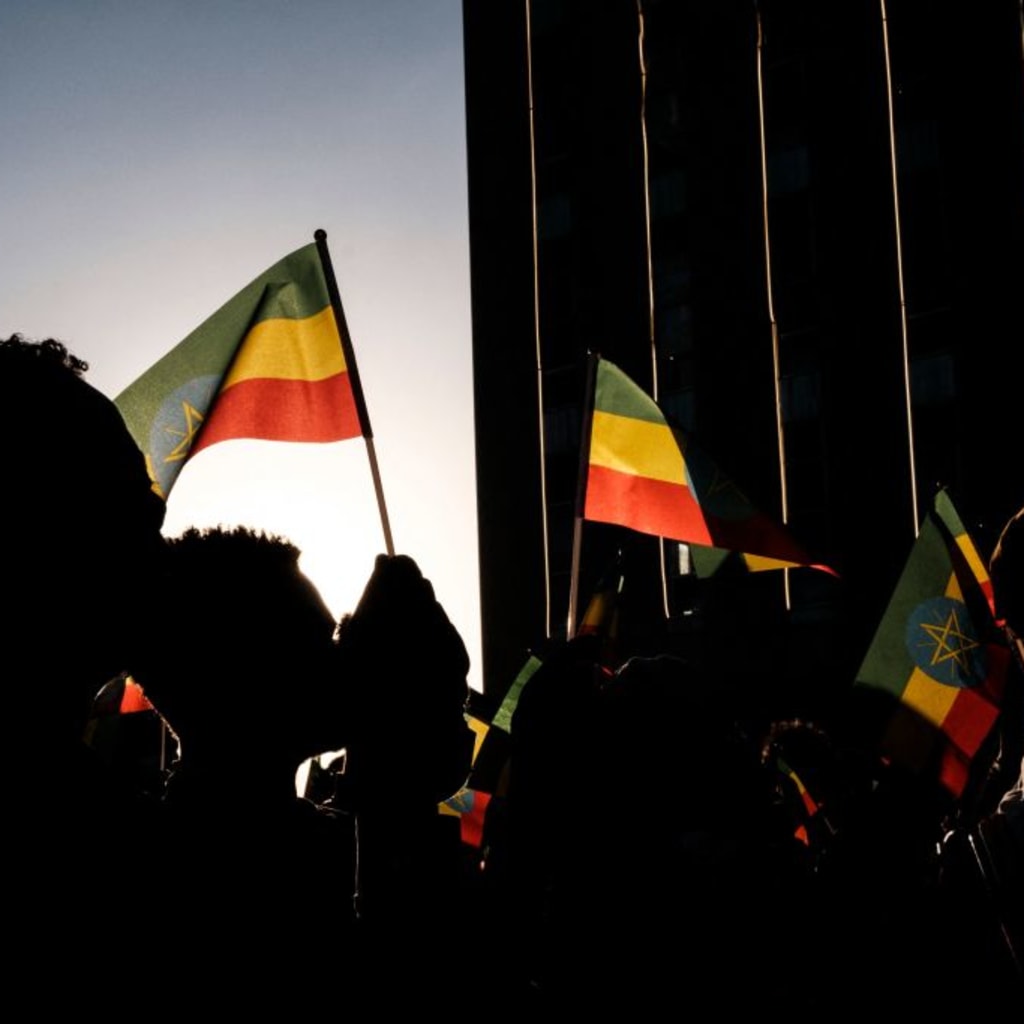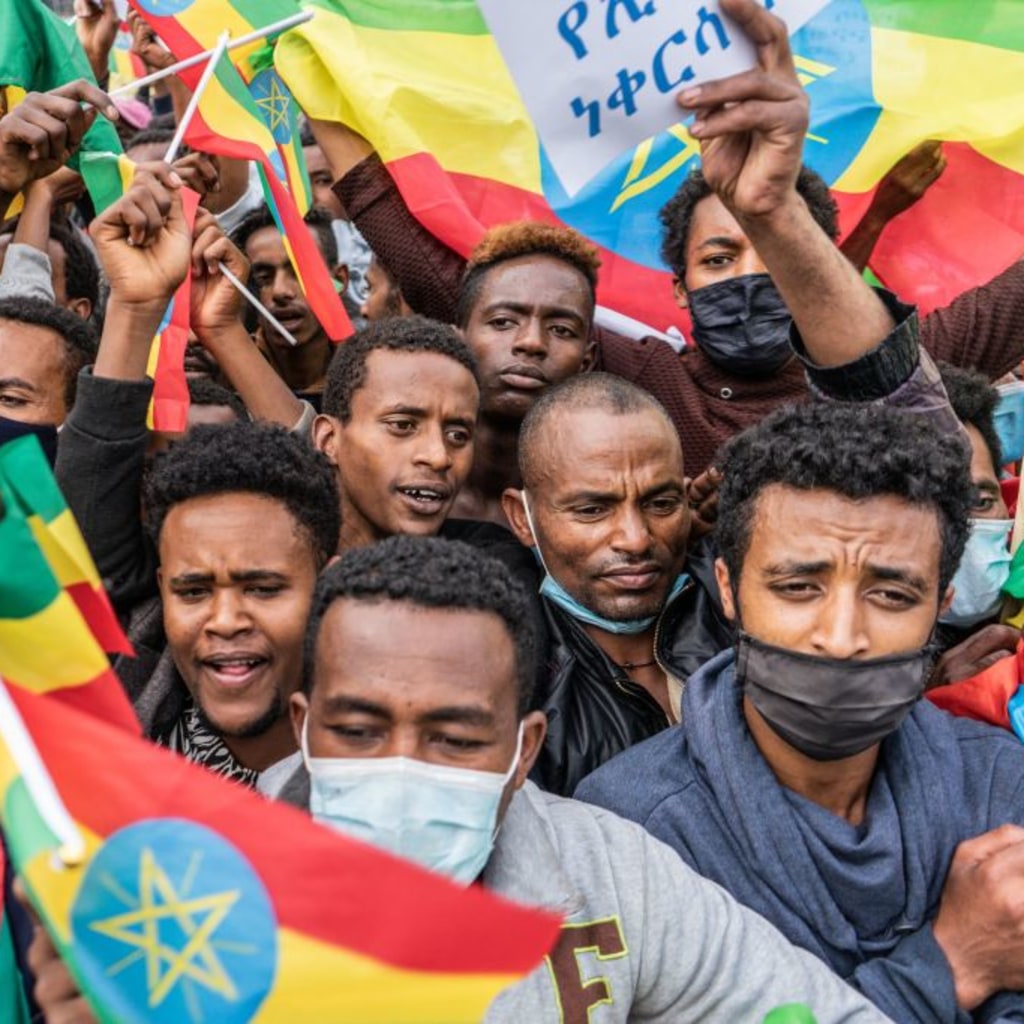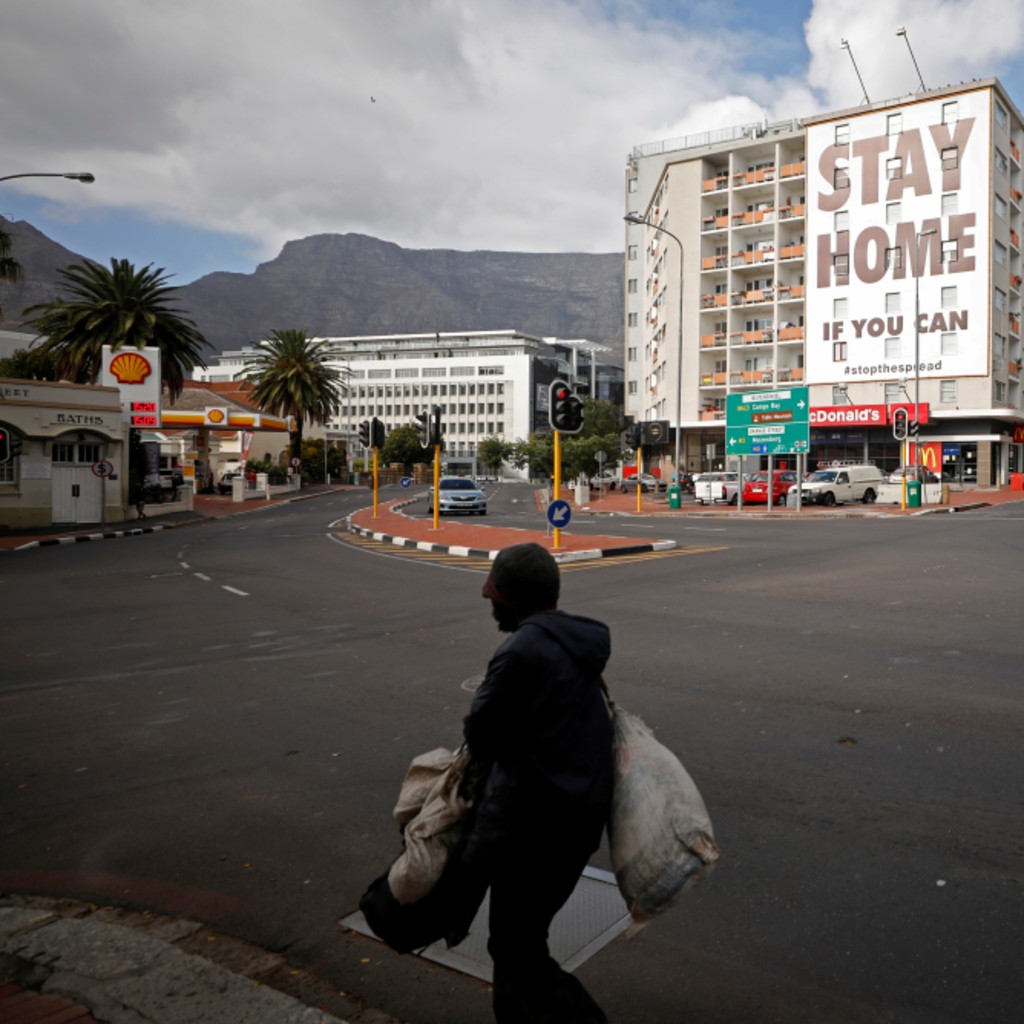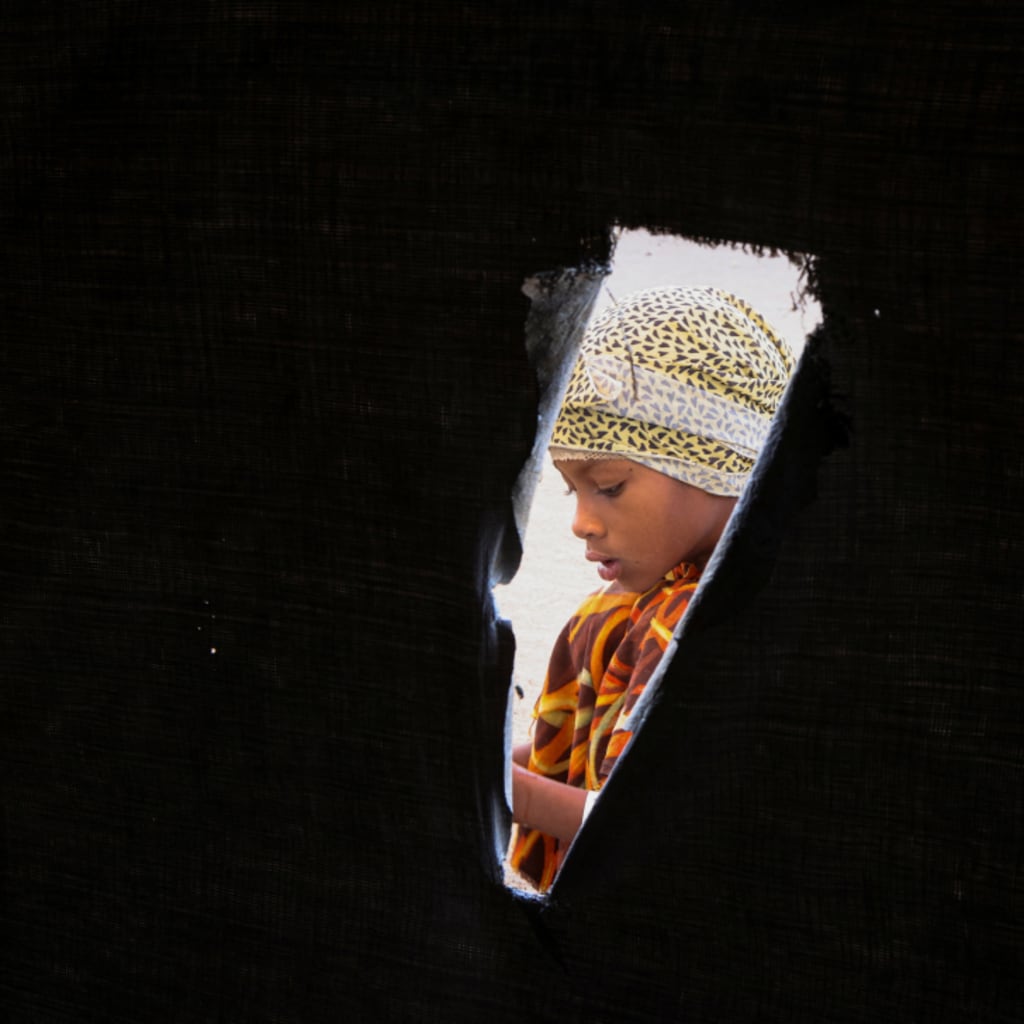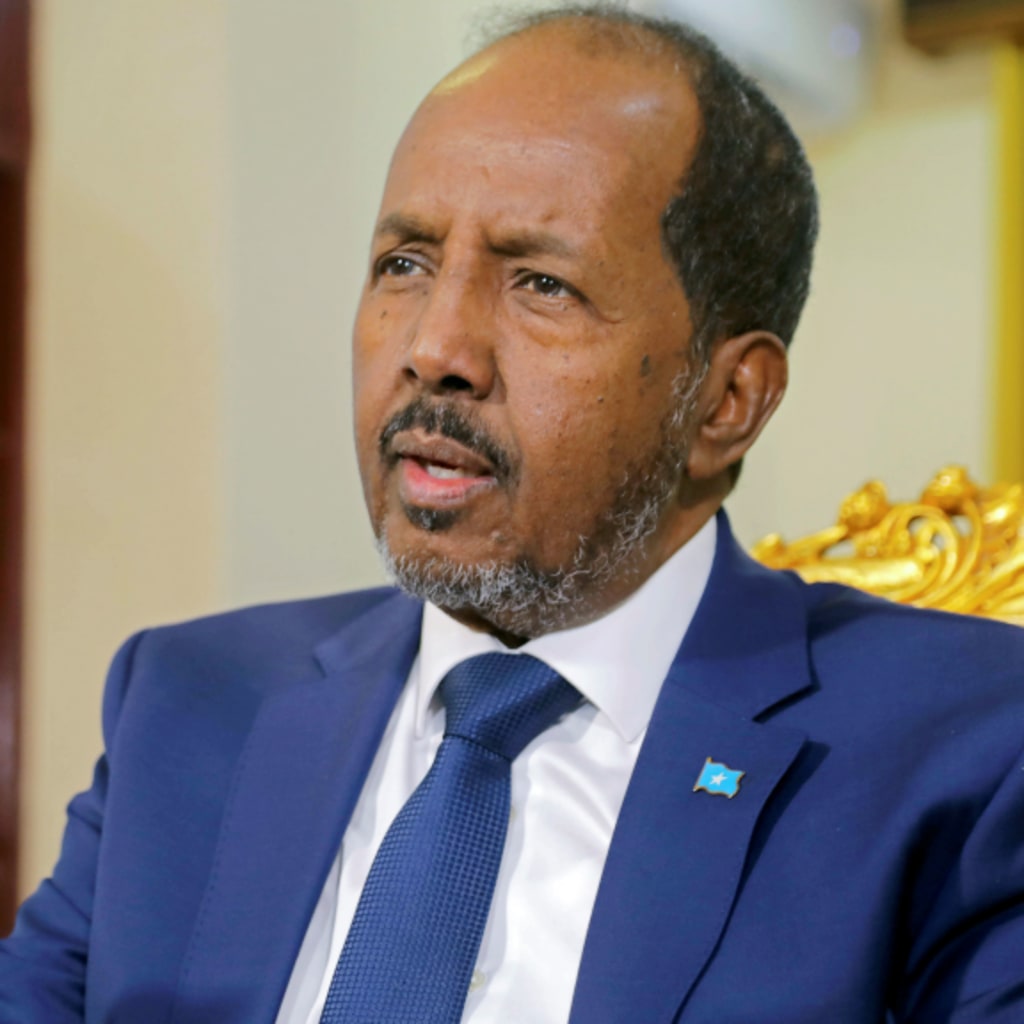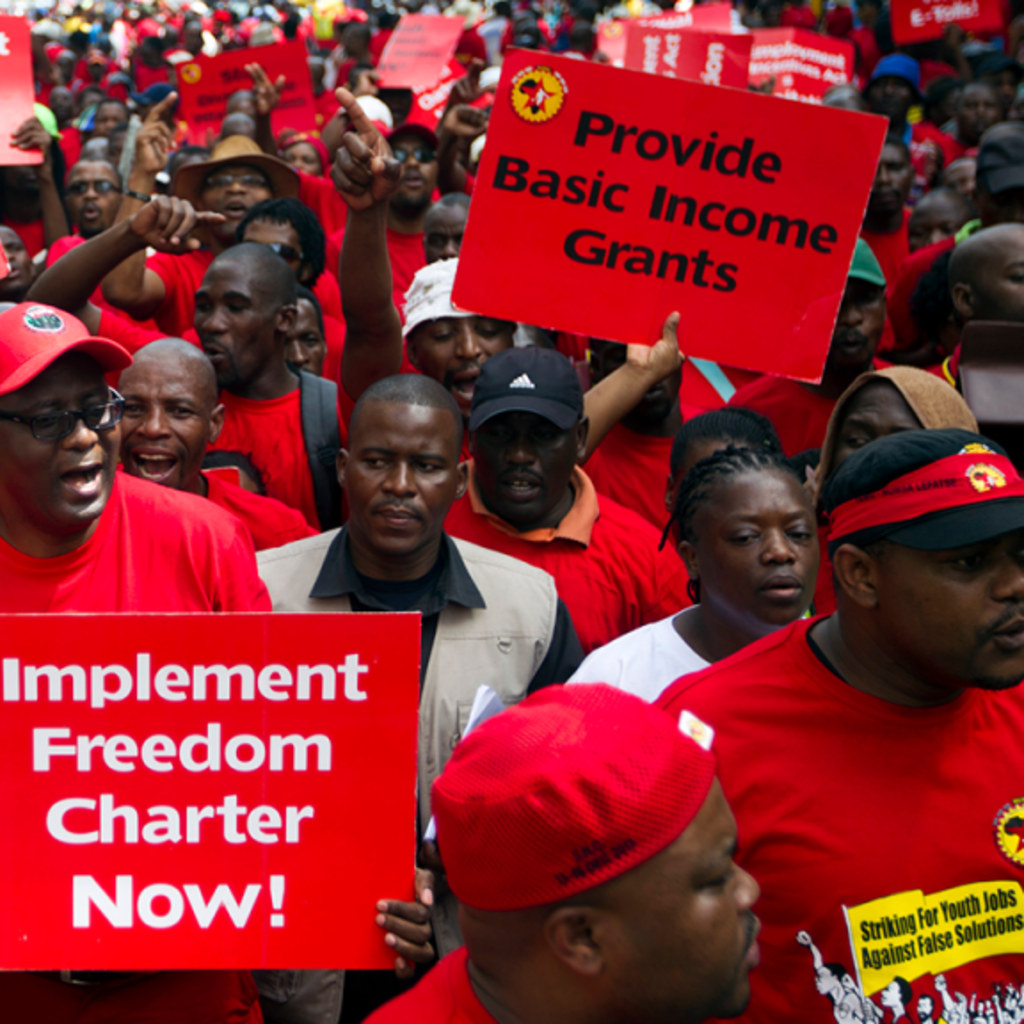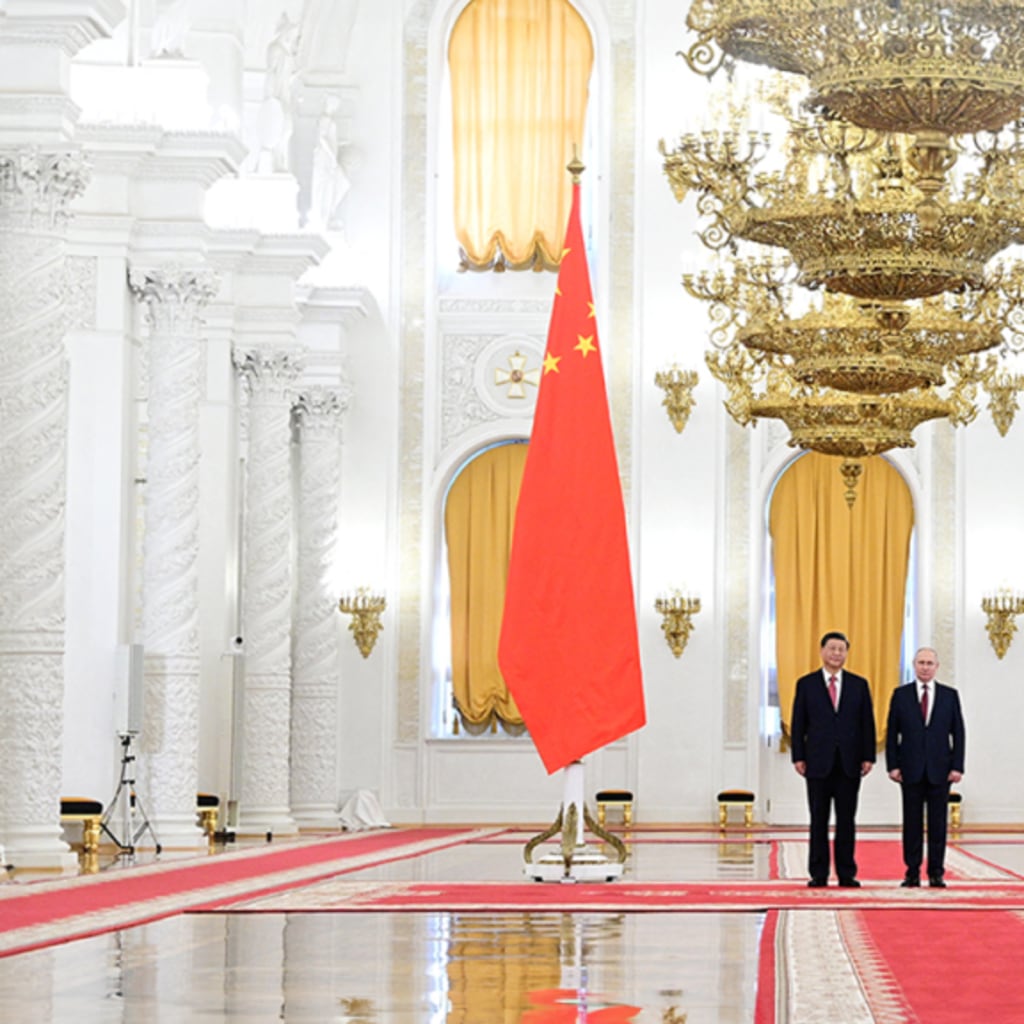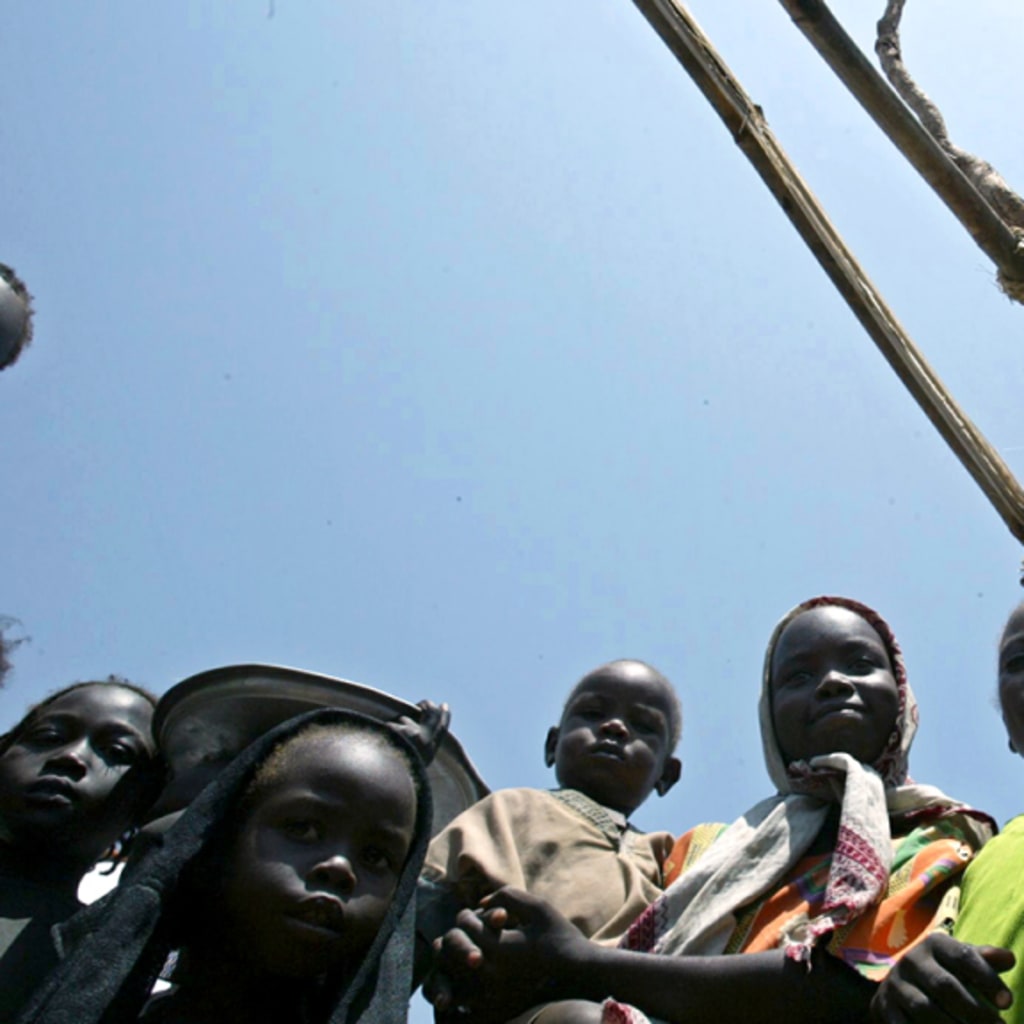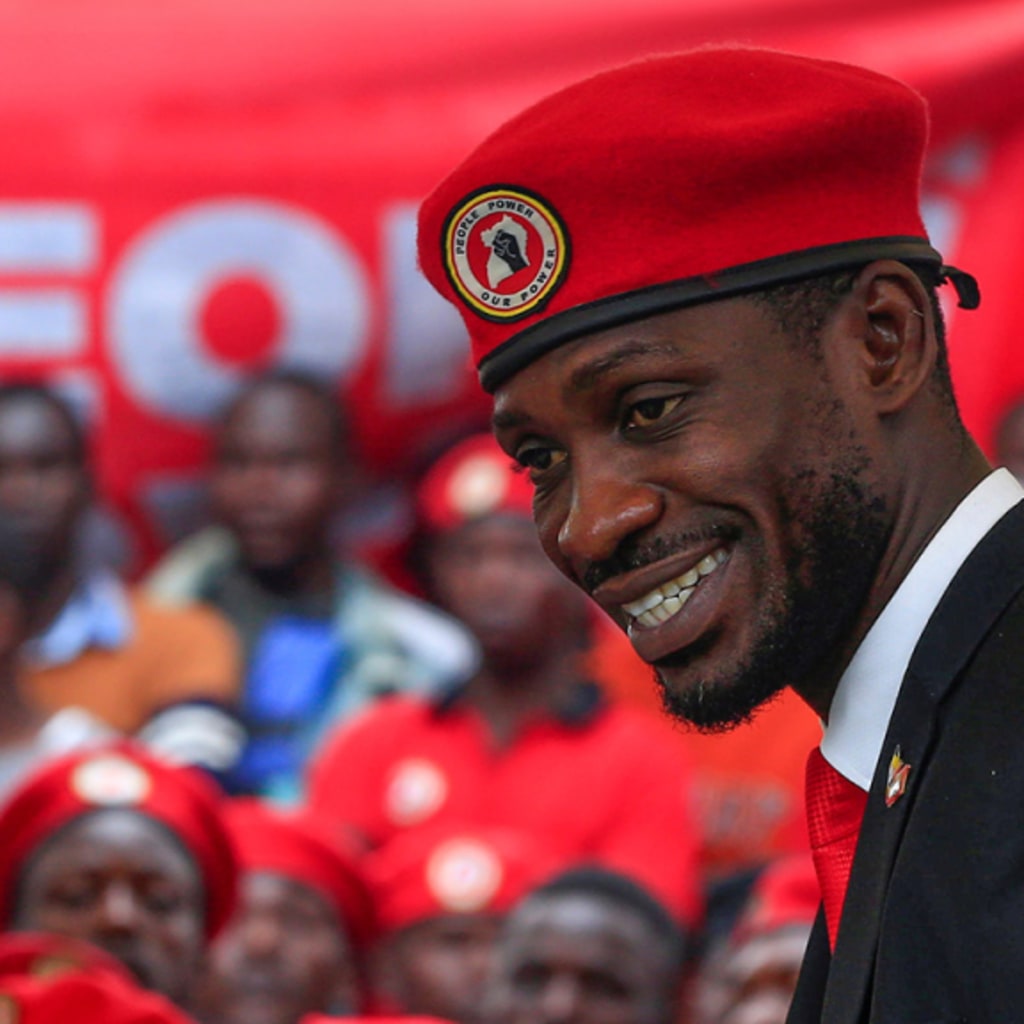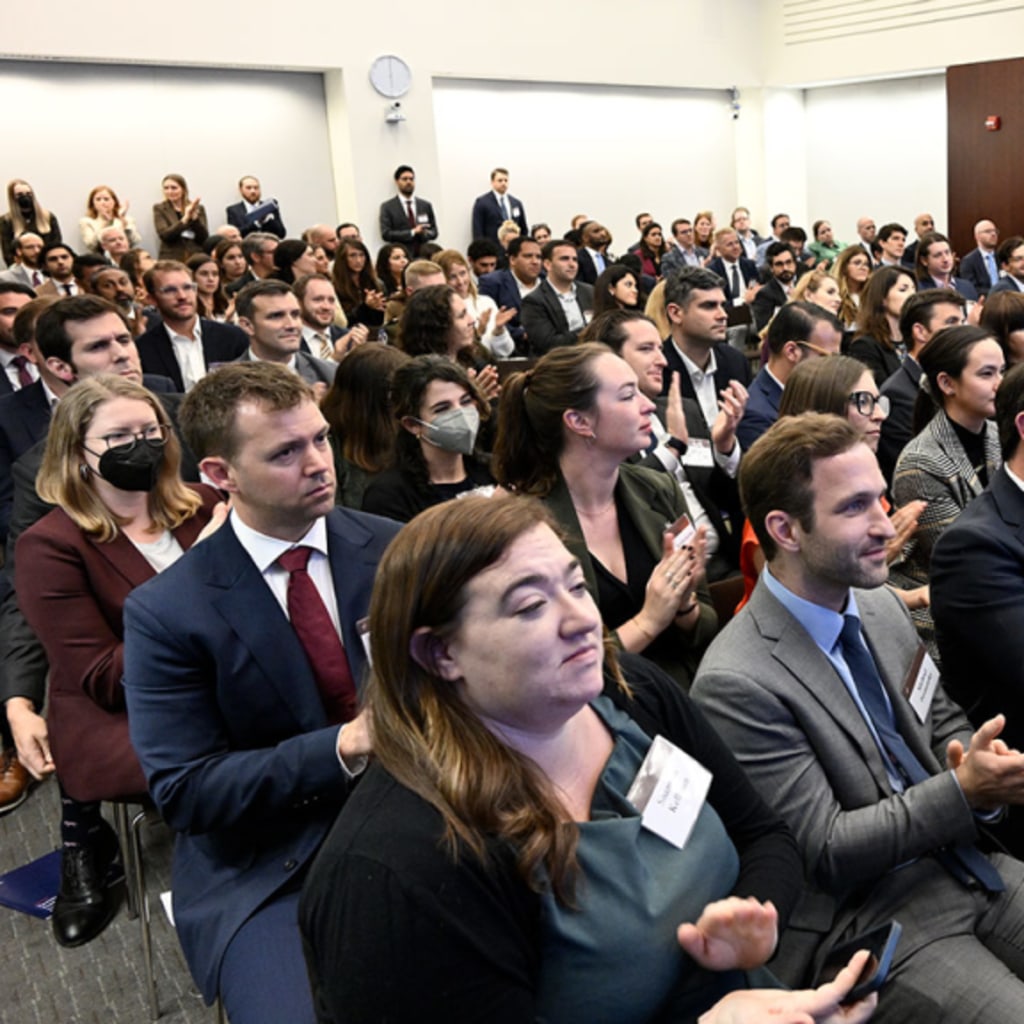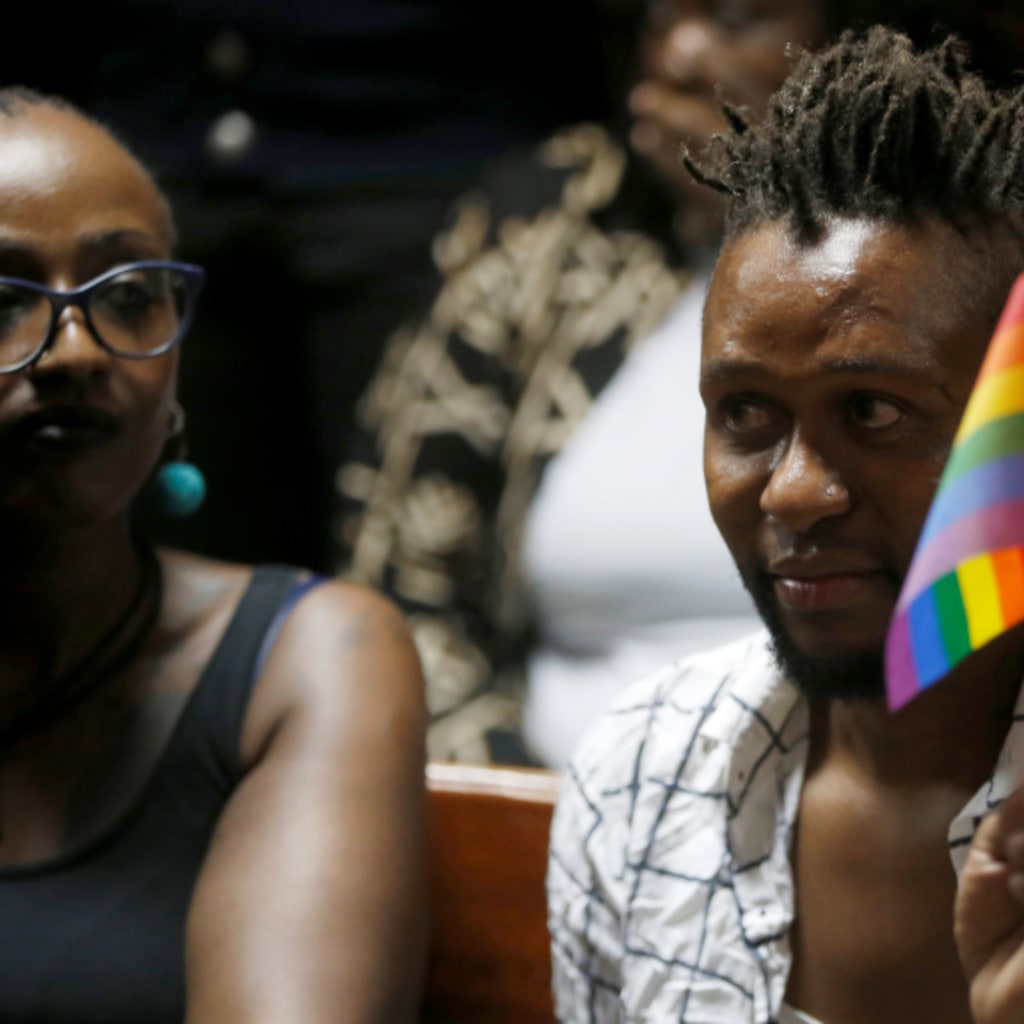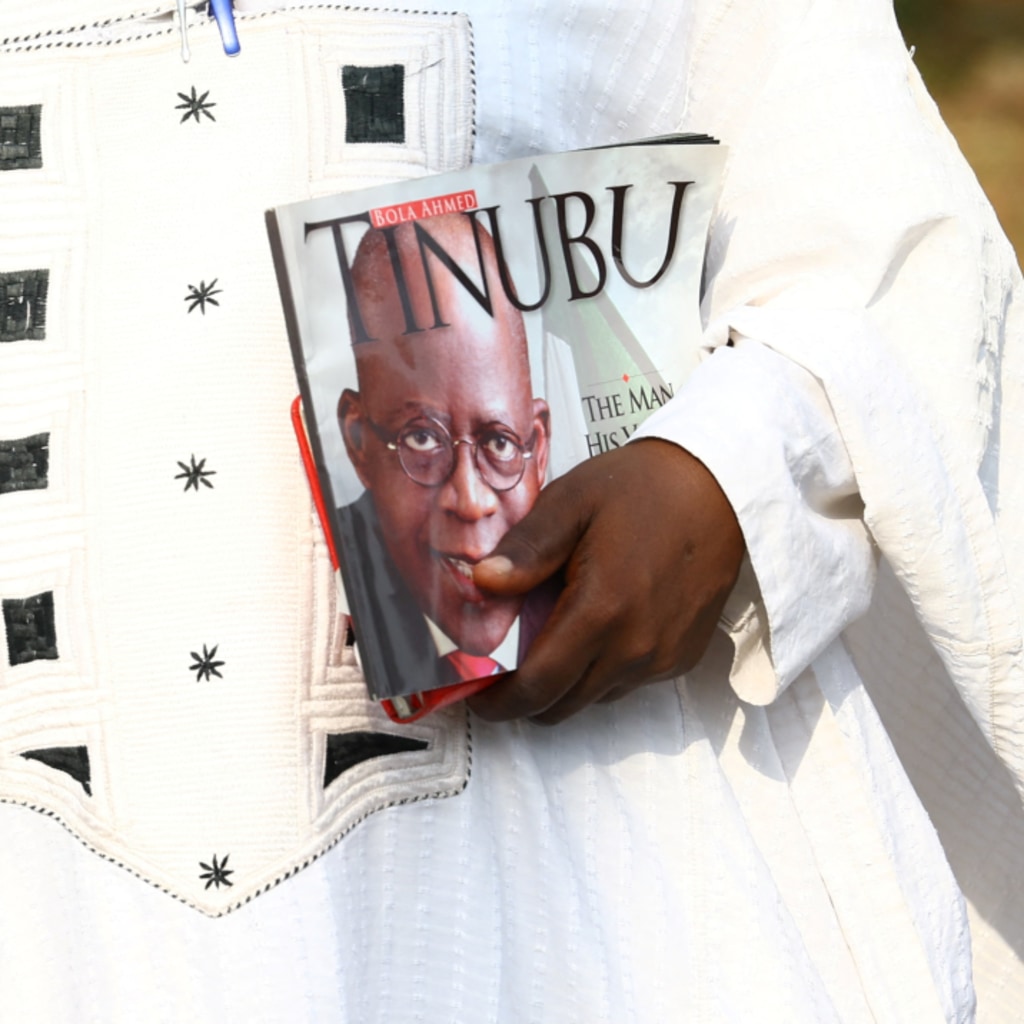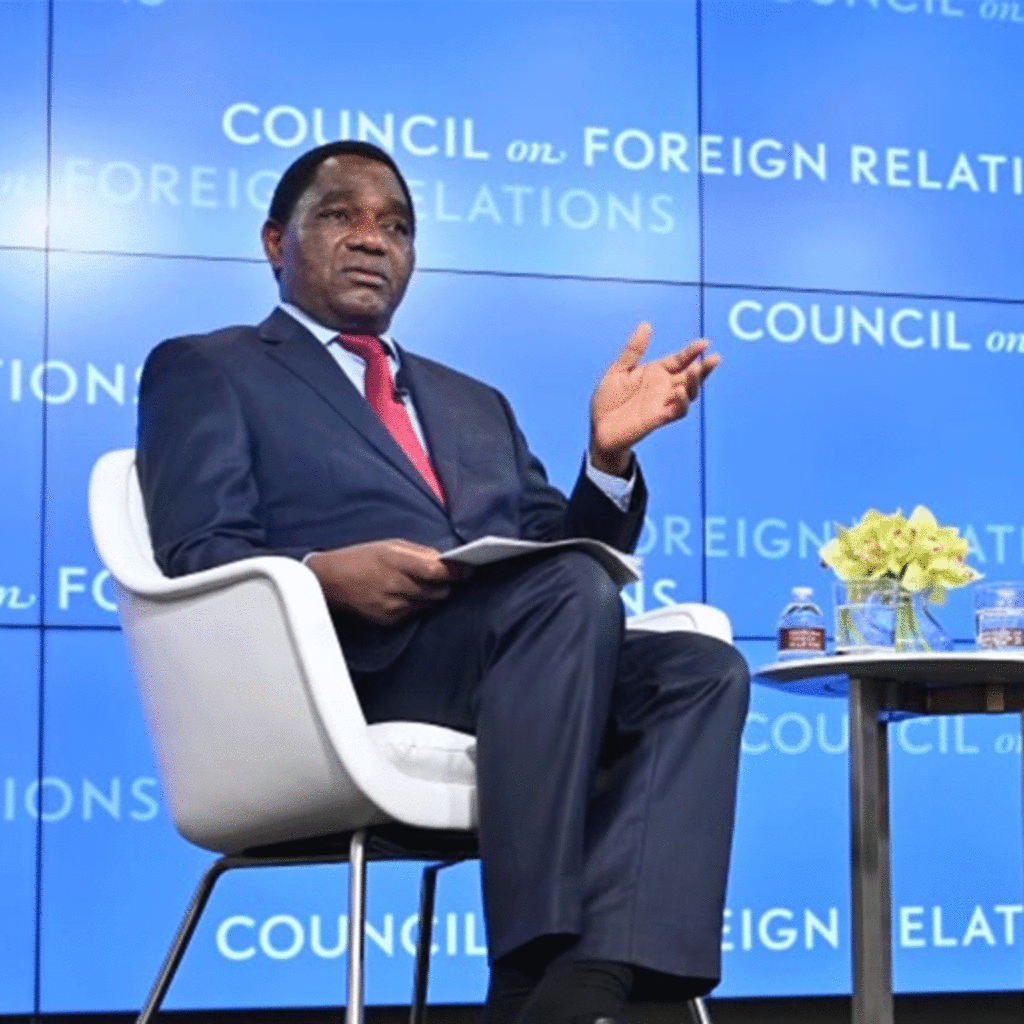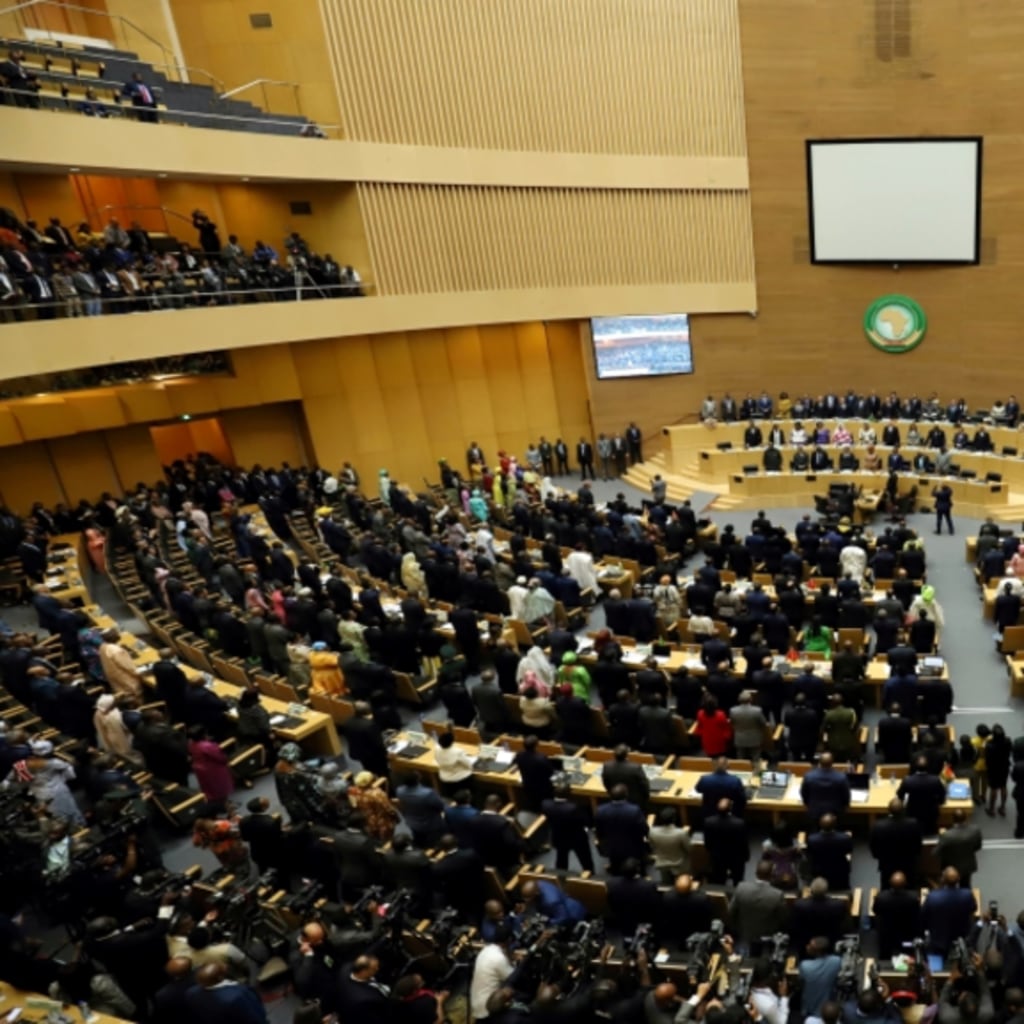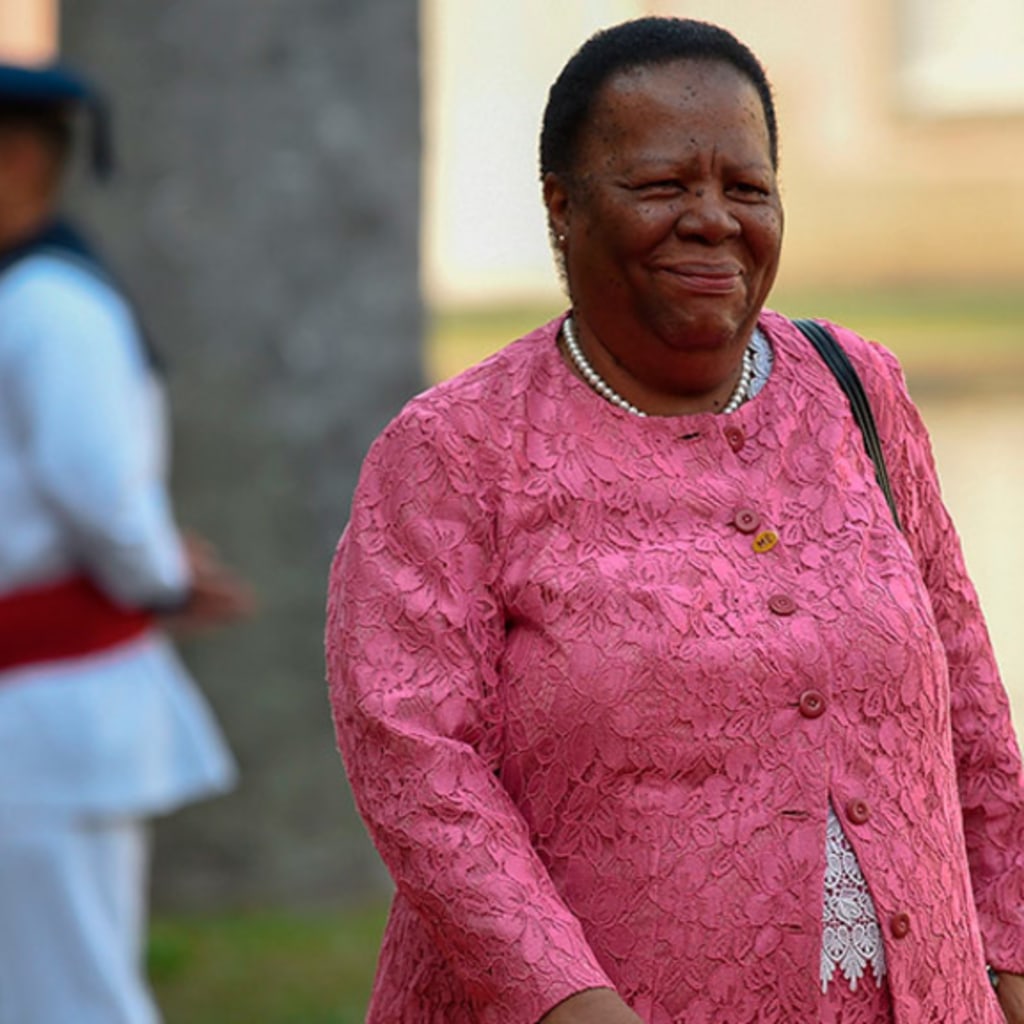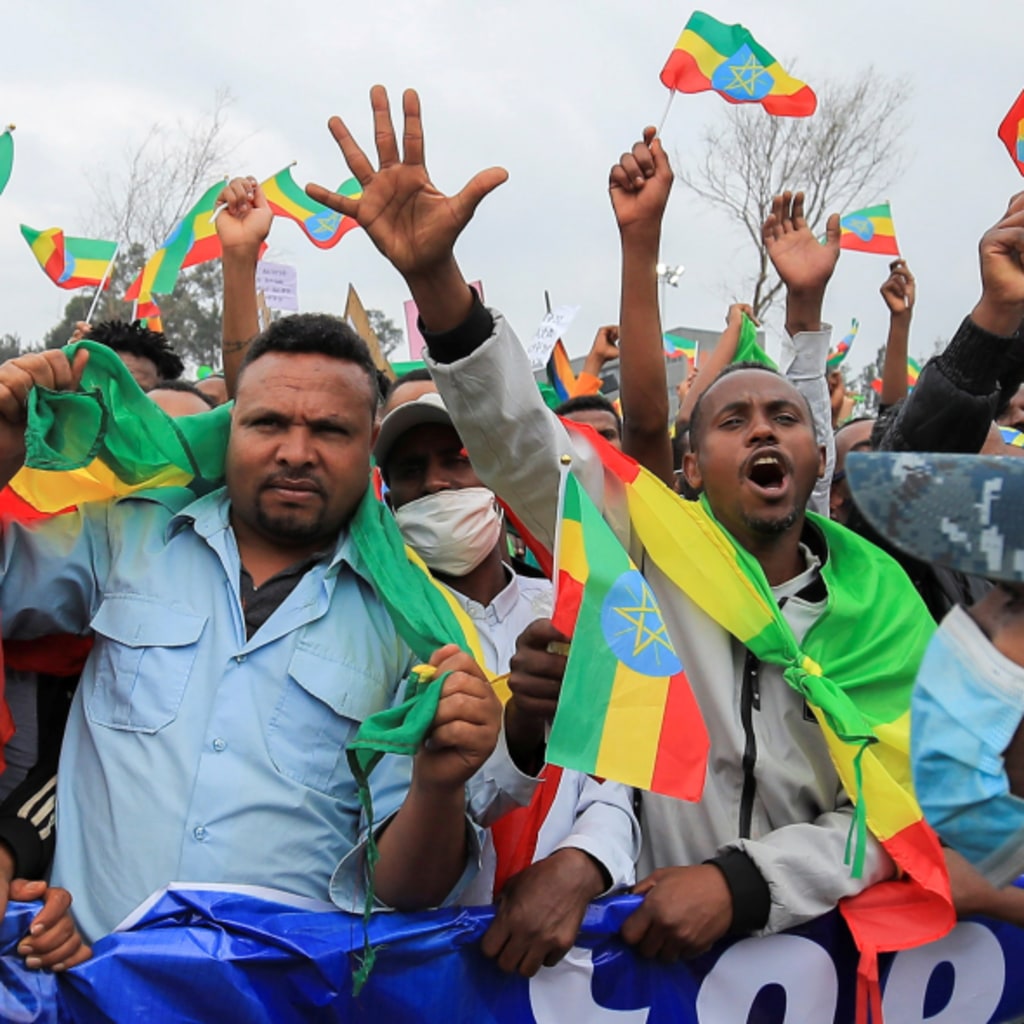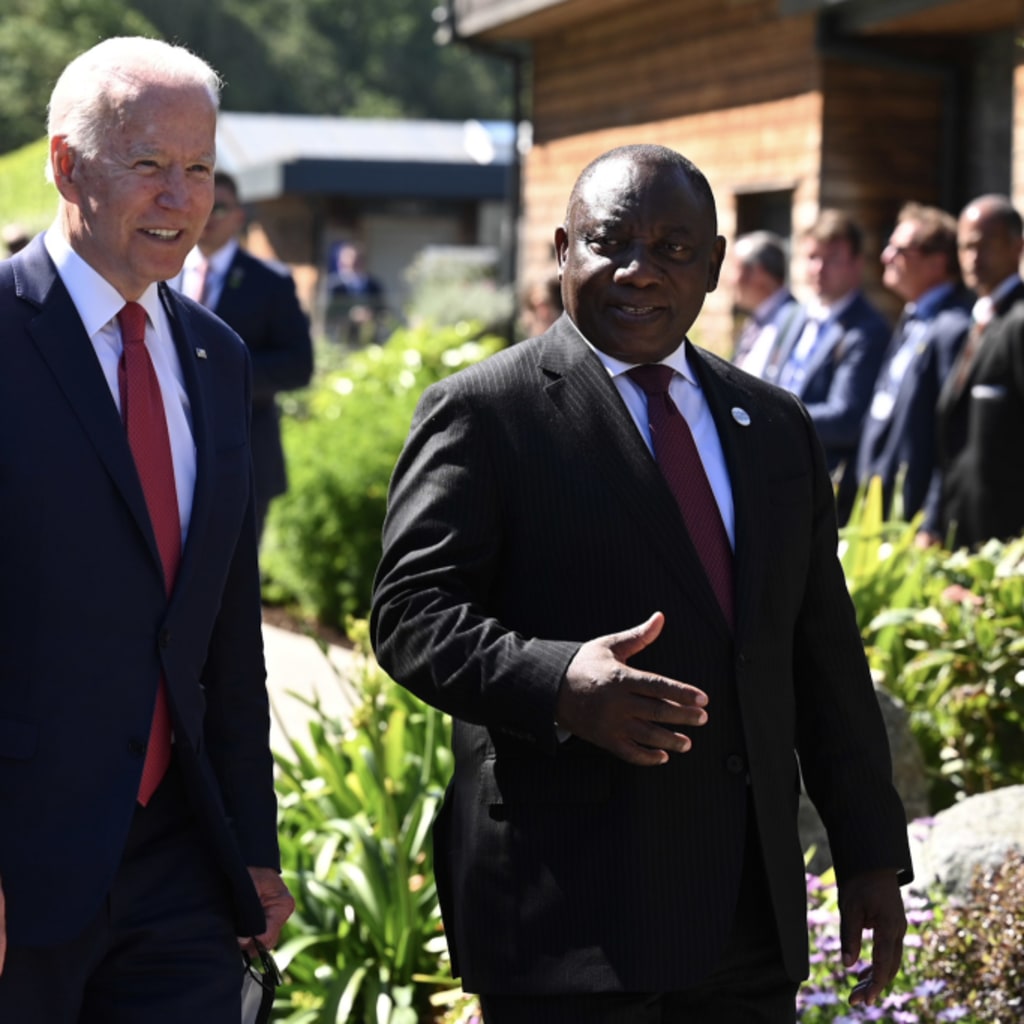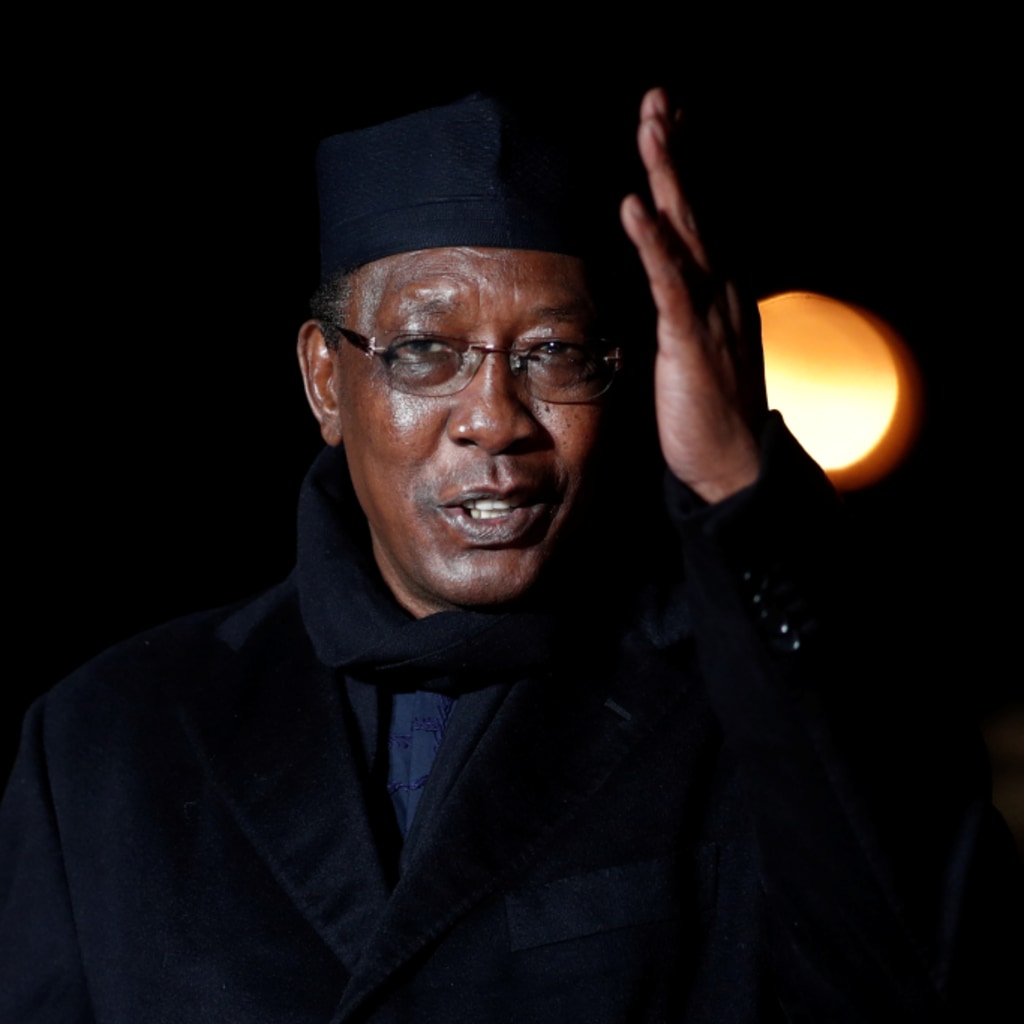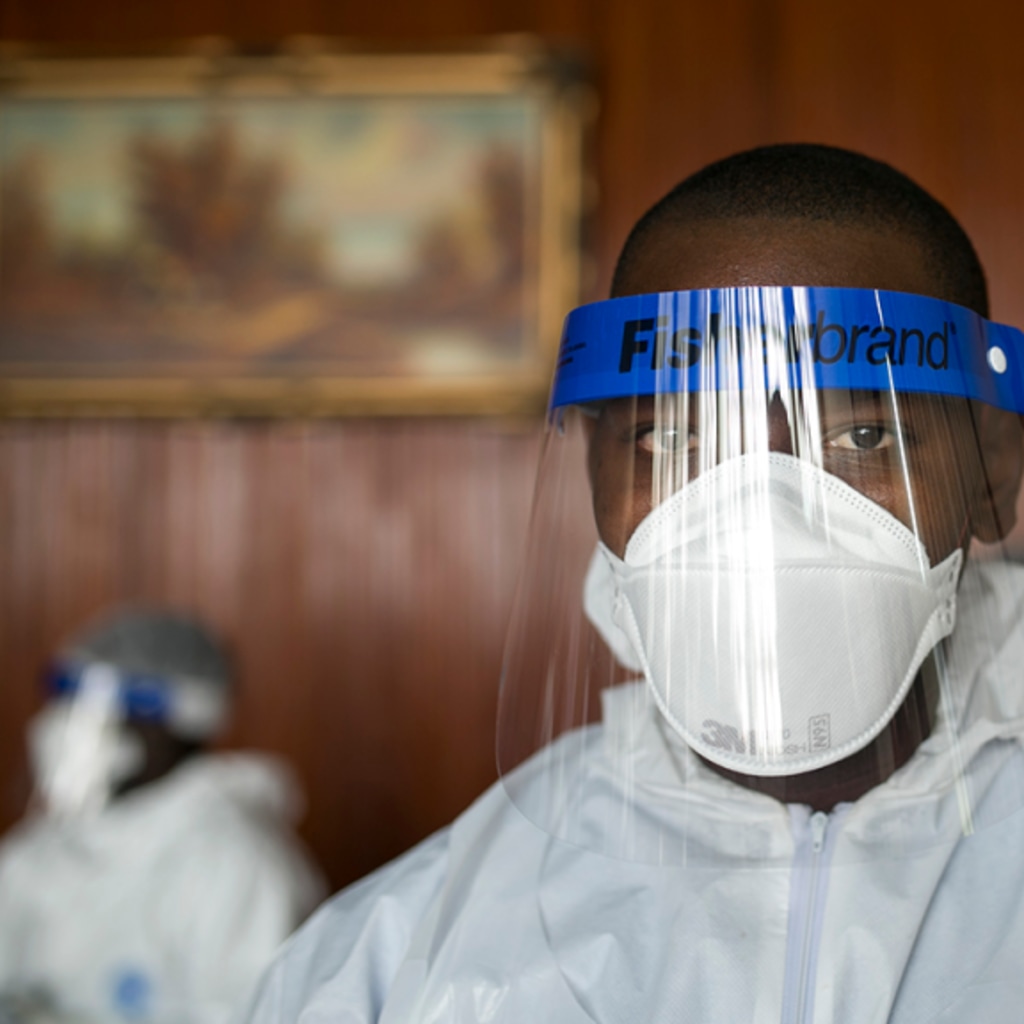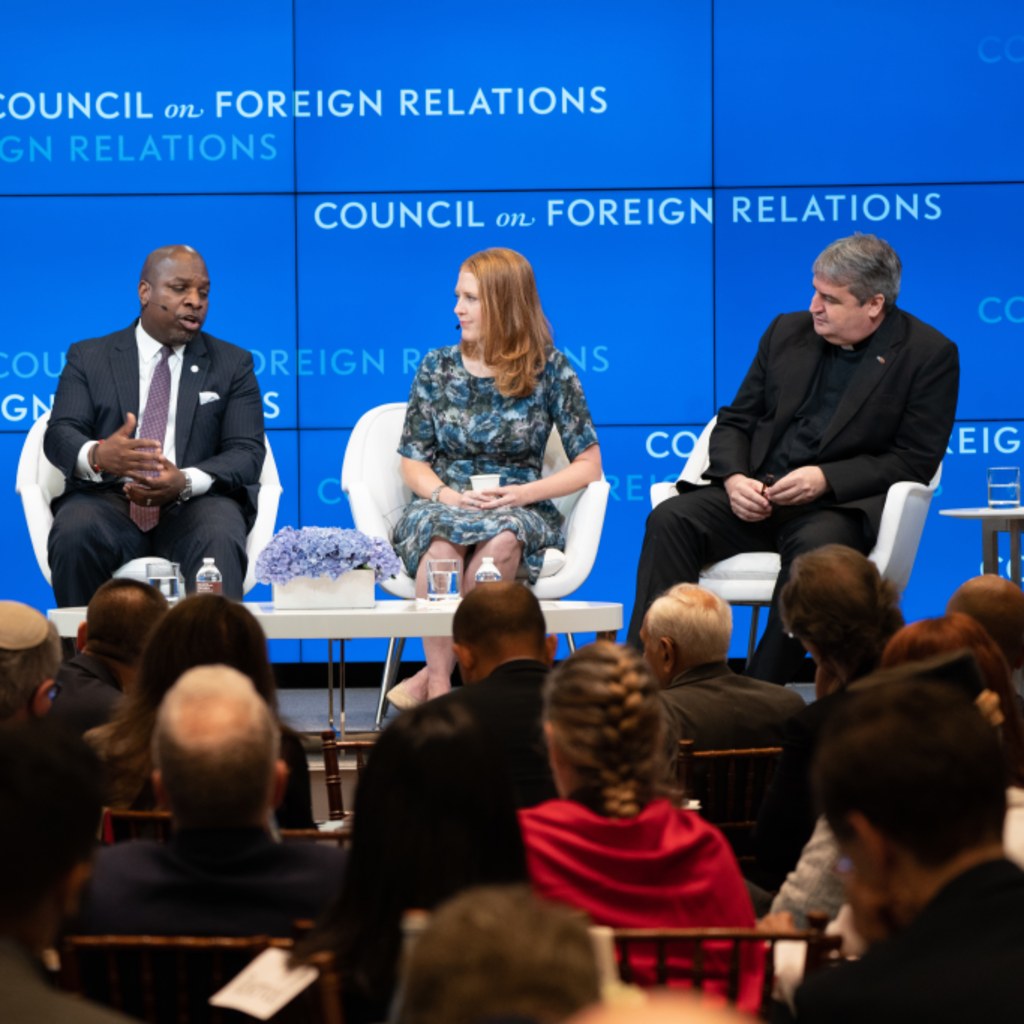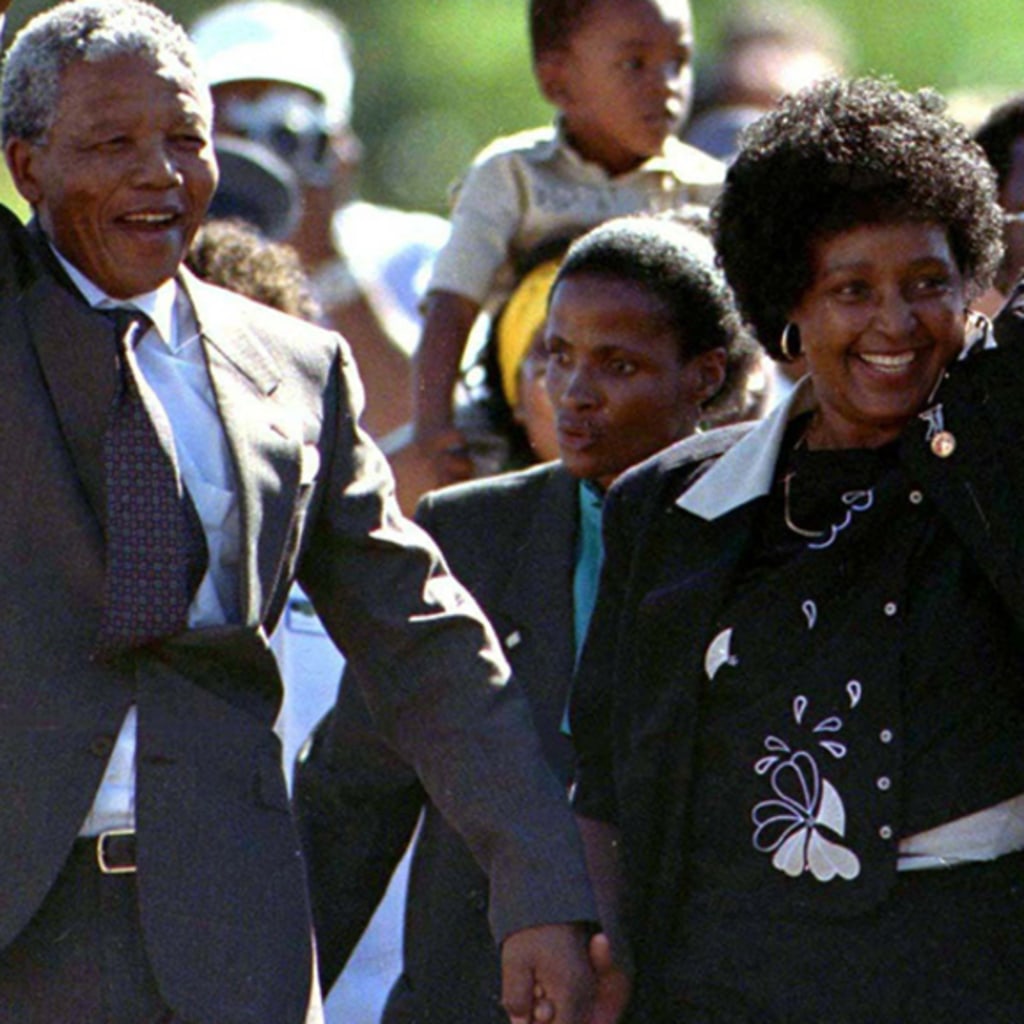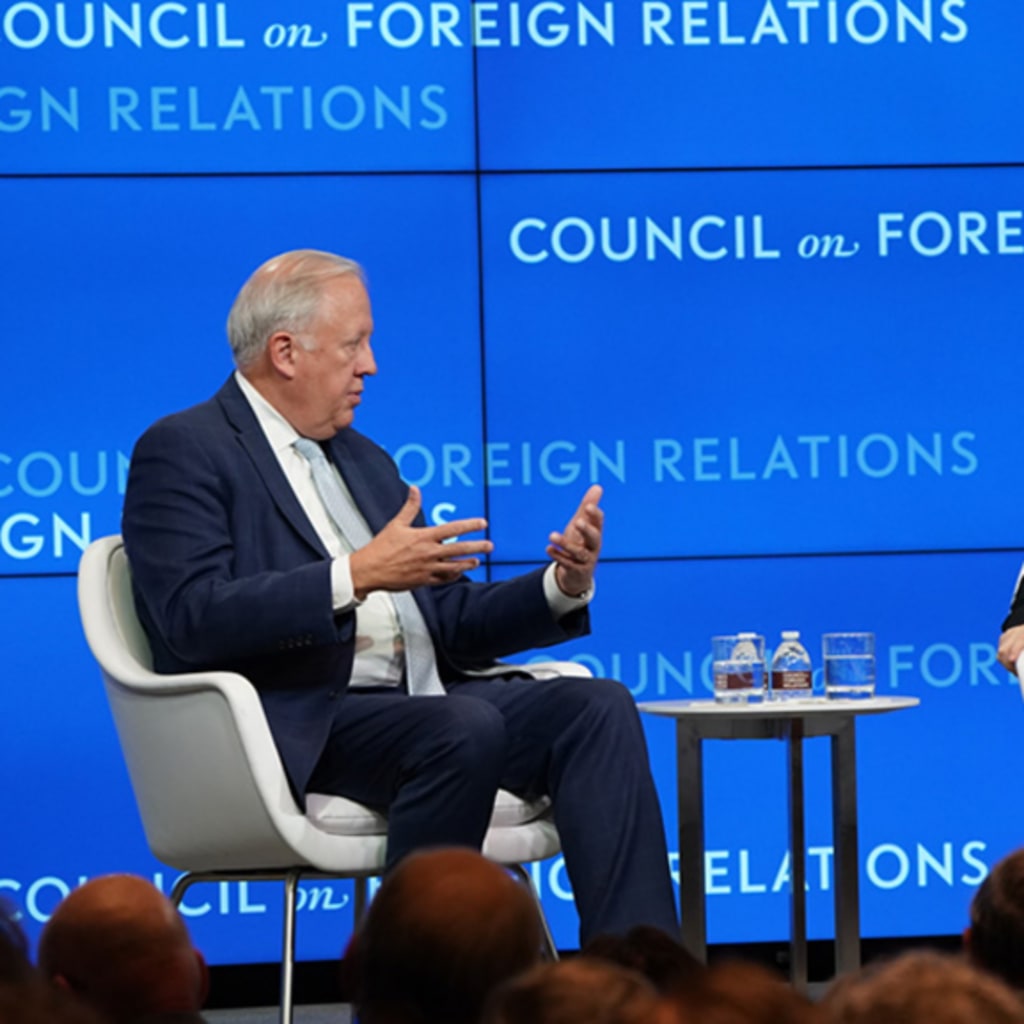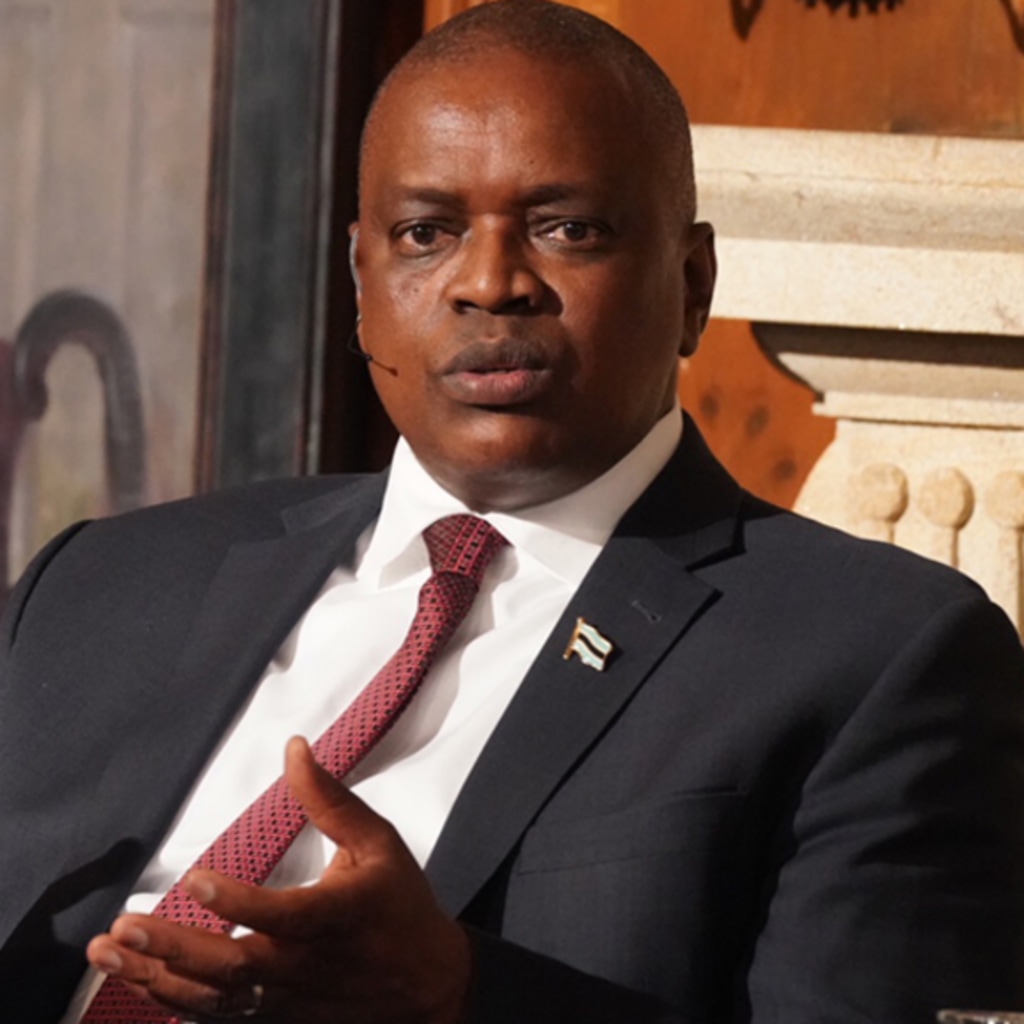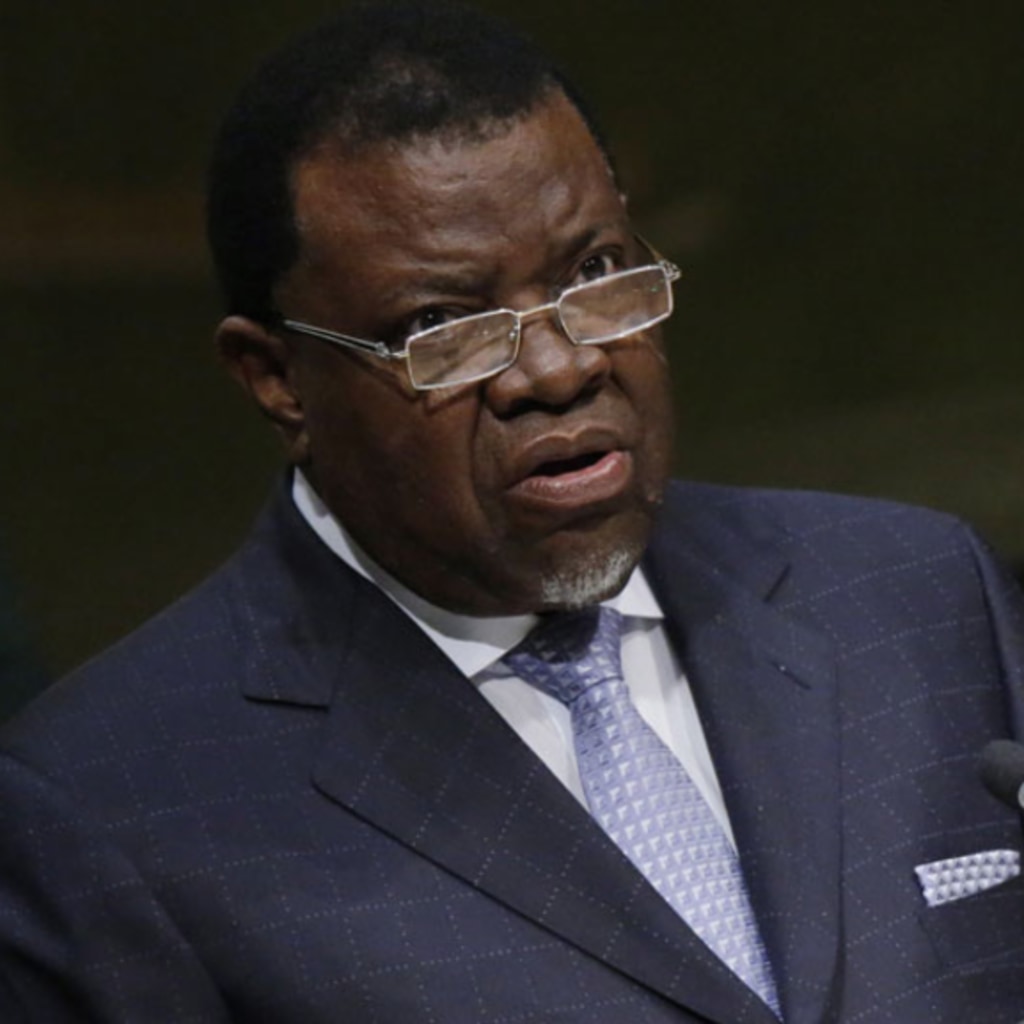
Michelle D. Gavin is the Ralph Bunche senior fellow for Africa policy studies at the Council on Foreign Relations (CFR). She has over twenty-five years of experience in international affairs in government and non-profit roles. She was formerly the managing director of The Africa Center, a multidisciplinary institution dedicated to increasing understanding of contemporary Africa. From 2011 to 2014 she was the U.S. ambassador to Botswana and served concurrently as the U.S. representative to the Southern African Development Community (SADC).
During Ambassador Gavin’s tenure, the United States and Botswana launched the most ambitious HIV prevention study in the world; Botswana hosted Southern Accord, the 1,400-strong joint SADC-U.S. military exercise; and the U.S. embassy helped to found Botswana’s first American Chamber of Commerce. Prior to that, she was a special assistant to President Obama and the senior director for Africa at the National Security Council, where she helped to originate the Young African Leaders Initiative and led major policy reviews of Sudan and Somalia.
Before joining the Obama administration, Gavin was an international affairs fellow and adjunct fellow for Africa at CFR. Earlier in her career she worked in the U.S. Senate, where she was the staff director for the Senate Foreign Relations Committee’s subcommittee on African affairs, director of international policy issues for Senator Russ Feingold, and legislative director for Senator Ken Salazar.
Gavin received an MPhil in international relations from Oxford University, where she was a Rhodes scholar, and earned her BA from Georgetown University’s School of Foreign Service, where she was a Truman scholar. She serves on the board of directors of Points of Light.
Affiliations
- Points of Light Board, Program and Impact Committee, chair
- WestExec Advisors, senior advisor
- ALERT Africa Foundation, board member
- Grace Lane Foundation, board member

